Q. In a situation such as the one that arose last week in the game against Minnesota where T.J. Watt was injured and couldn't go back into the game, had it been pre-determined who was going into the game in his spot?
A. It had. (Anthony) Chickillo is the first outside linebacker off the bench. He was in last week's game against the Vikings. When T.J. Watt went down, Chickillo was the first guy off the bench. When Bud Dupree couldn't play in Week 1 vs. Cleveland, it was Chickillo in that spot as well. That approach has been in place.
**
Q. Was that determined in a meeting with your assistant coaches?**
A. There's really no formal meeting. Just over the course of time, this time that is team development, it becomes evident who's deserving of roles. Obviously we're open to those roles changing. What happens in stadiums over the course of this season determines the evolution of those roles, but based on the work we put in prior to the season getting started, Chickillo earned the right to be that third outside linebacker, to be the guy who comes in either right or left. And (his play) proves that worth so far.
Q. Who all knows in advance who the next man up is going to be?
A. I really think it's common knowledge. I really think if you had asked anyone, they would've told you that. We don't spend a lot of time talking openly about it, but we take ourselves through enough scenarios in game preparation that it's pretty clear-cut, pretty black-and-white, what the roles are and who's going in when situations occur.
Q. When you're making a change to the pecking order, is that communicated to the players involved?
A. It is never really required. Usually it is as black-and-white as when someone goes down, the next man goes running out on the field and nothing is said. They just know.
Q. On the fake punt that you thwarted in the game against the Vikings, is that something you prepare for specifically based on their tendencies, or is that a case of what you have described as players following the rules?
A. It is a clear example of just general fundamental readiness, not only on the part of Tyler Matakevich but also on the part of Danny Smith, our special teams coordinator. Often times in that area of the game, specifically, there is a lot of unforeseen. So your fundamental elements of your game, your rules, your eyes, have to be tried and tested, and that was an example of disciplined eyes and proper technique.
Q. Can you explain a little bit what Tyler Matakevich saw, what he was supposed to see?
A. He's responsible for that guy man-to-man. Often times, that guy is not on the line of scrimmage, he's often in the backfield. On that play, he was on the line of scrimmage. That probably sent off an alarm in Tyler. Then, they motioned the gunner down toward the formation. Once those scenarios happened, he was really on alert. Then his eyes stayed disciplined, he recognized that it was not a release, that it was a route. And he responded accordingly. More times than not when a play like that is made, it's an example of a guy doing the fundamental things correctly, and he is opportunistic because of it. And that's what I preach: the better-prepared you are, the more disciplined you are, the better your eyes are, quite frankly the more opportunistic you're going to be, the more lucky you're going to be.
**
In 2005 the Steelers defeated the Bears in a regular season game 21-9.
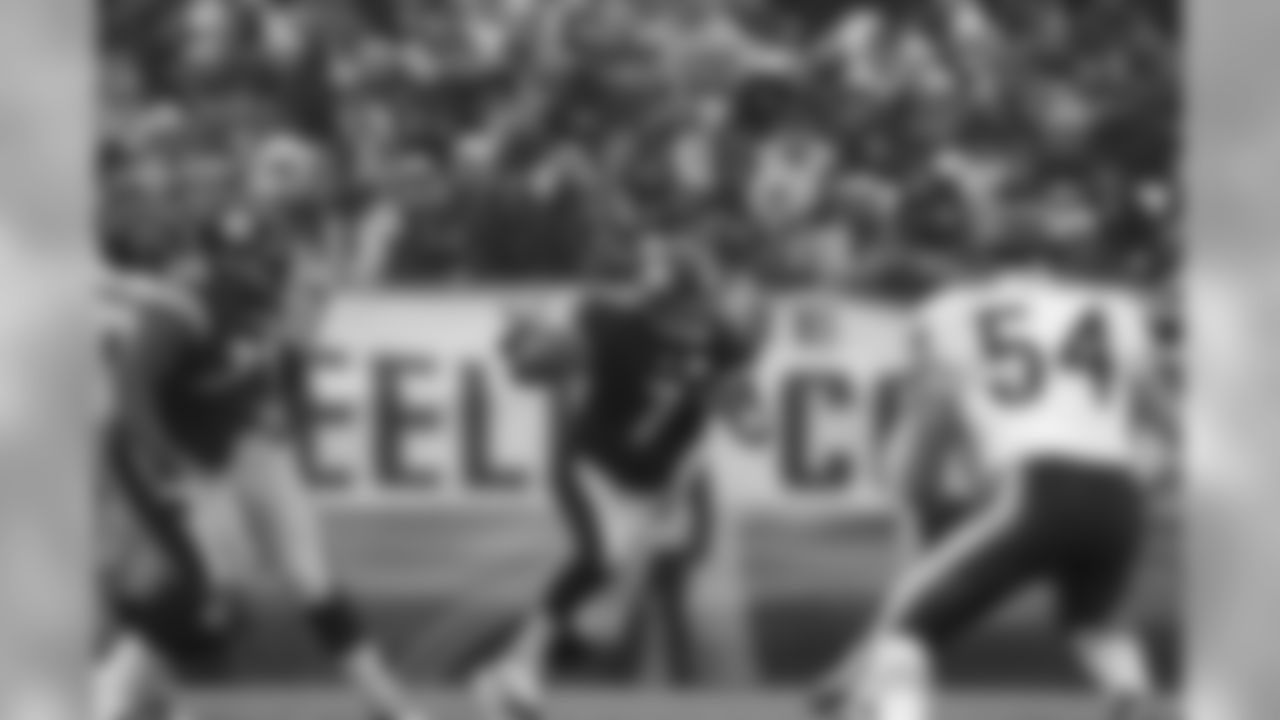
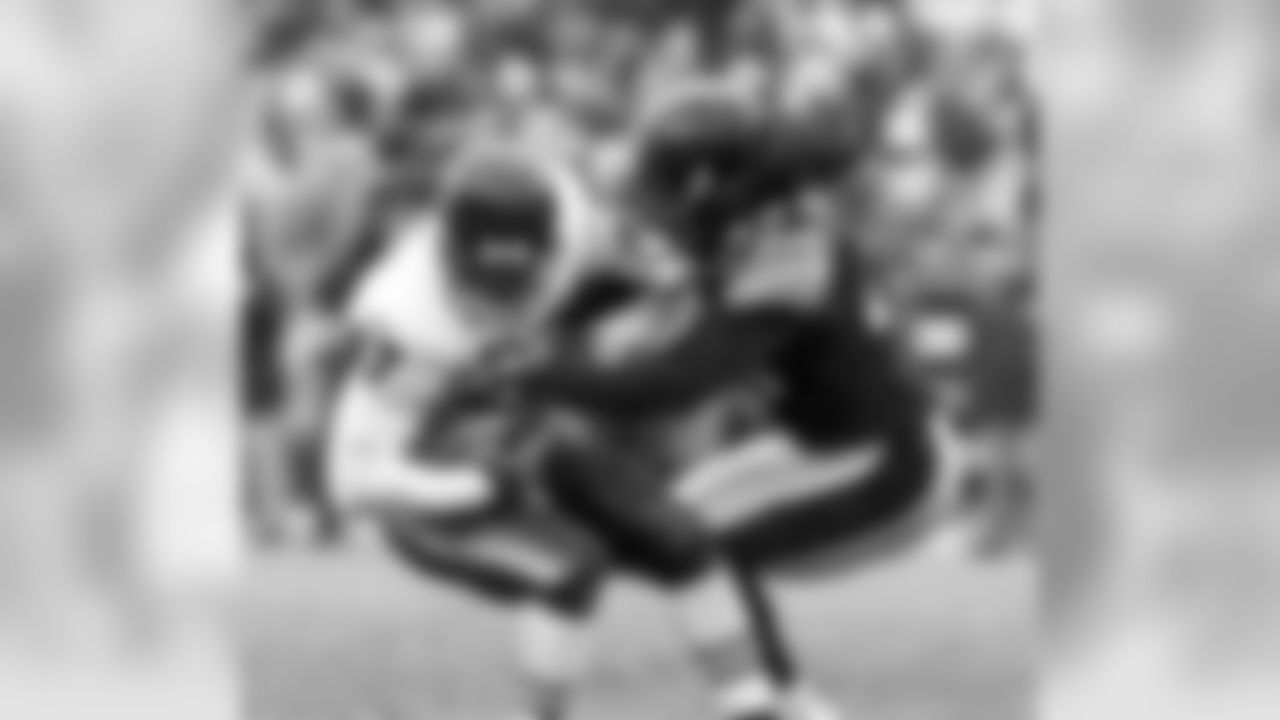
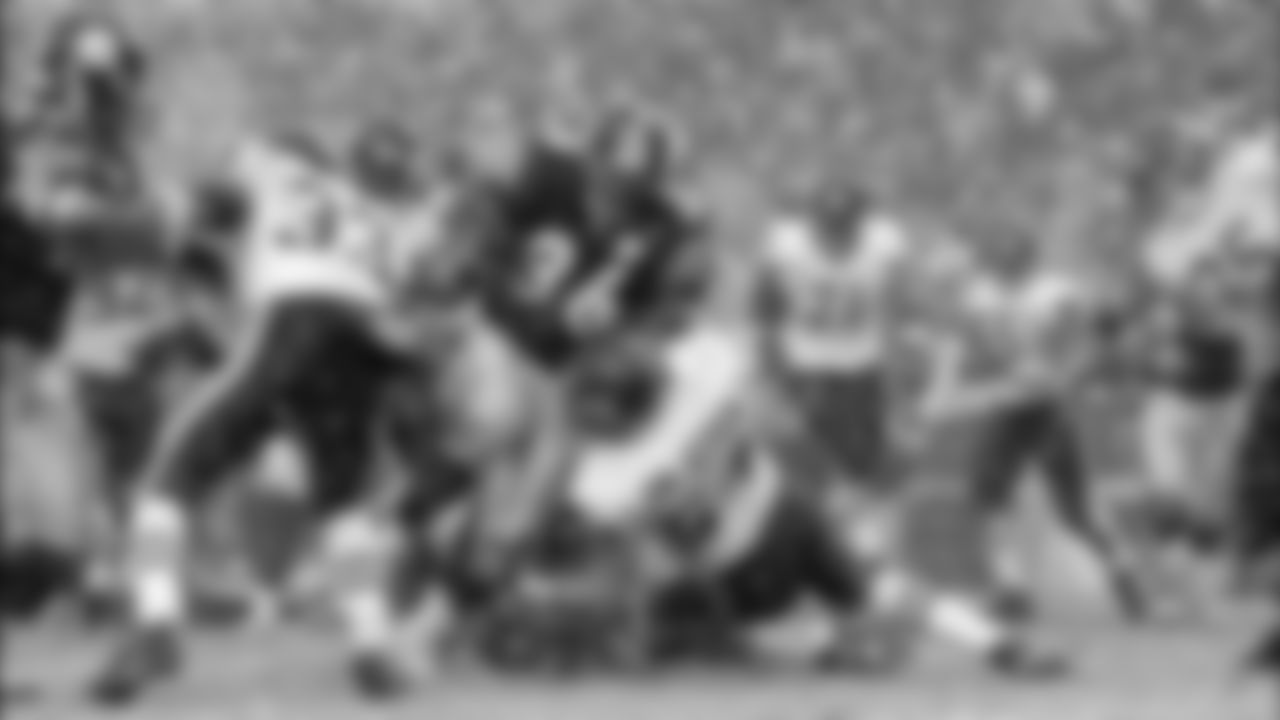
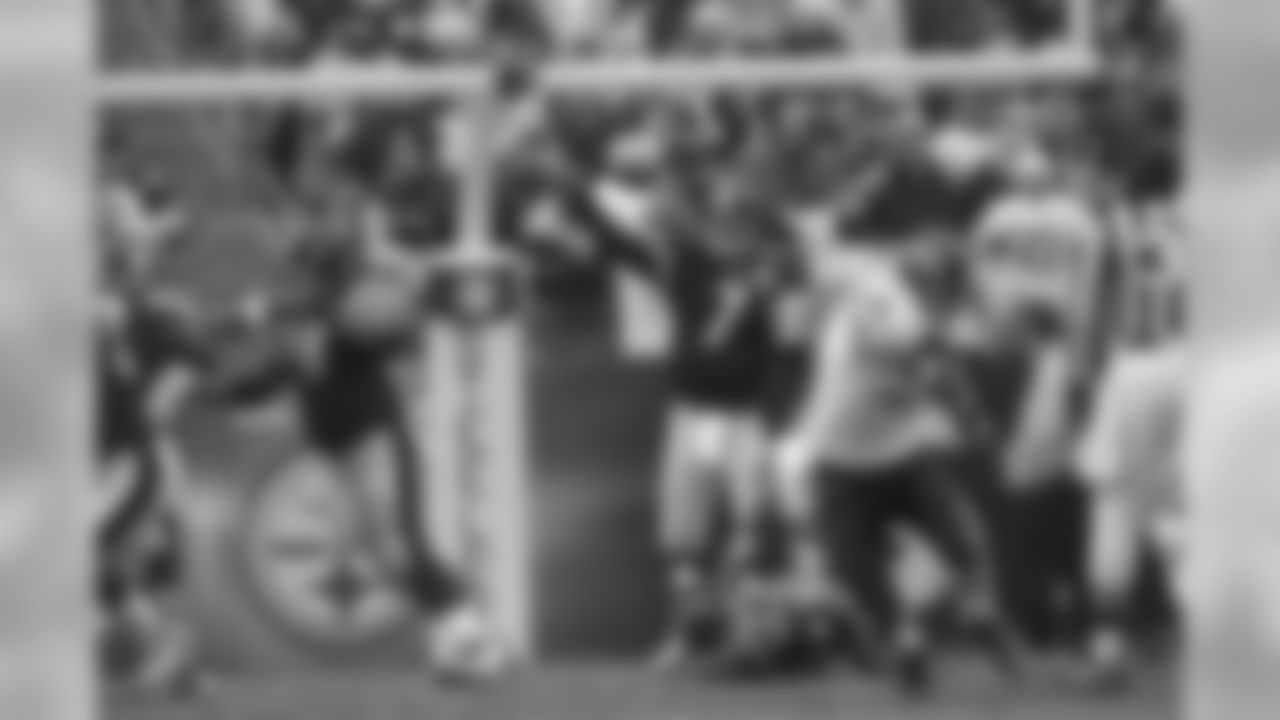
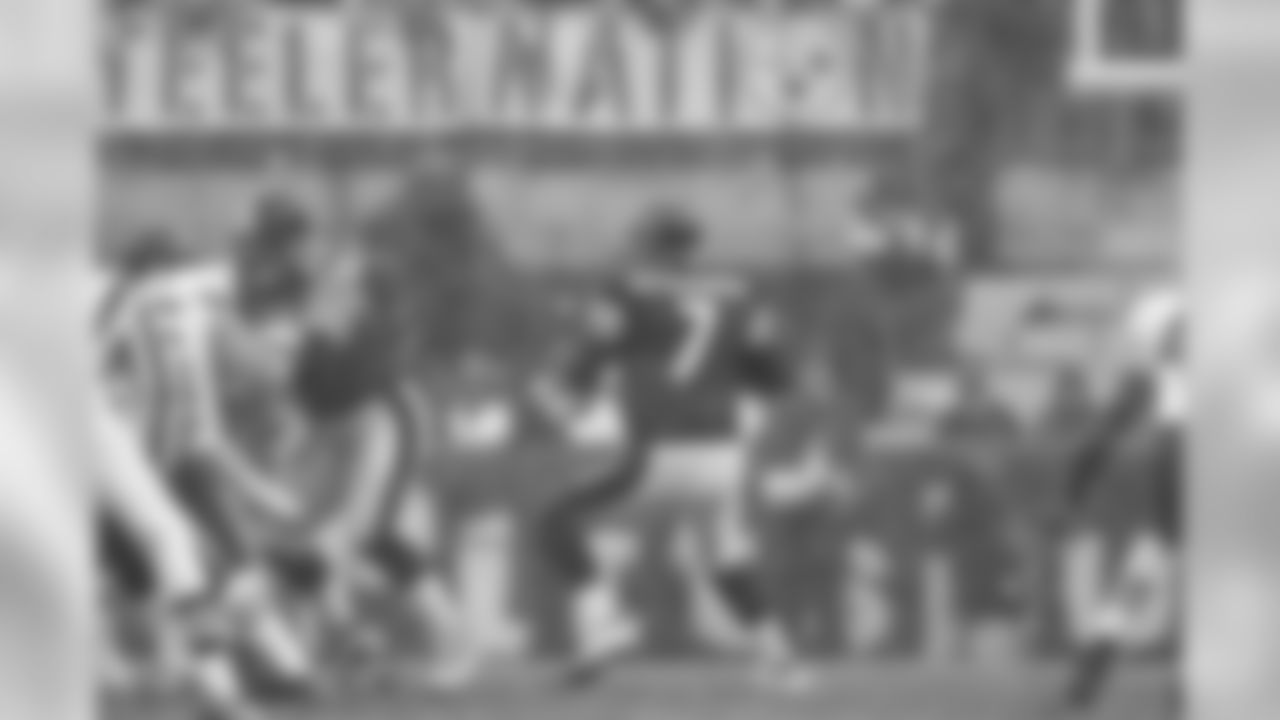
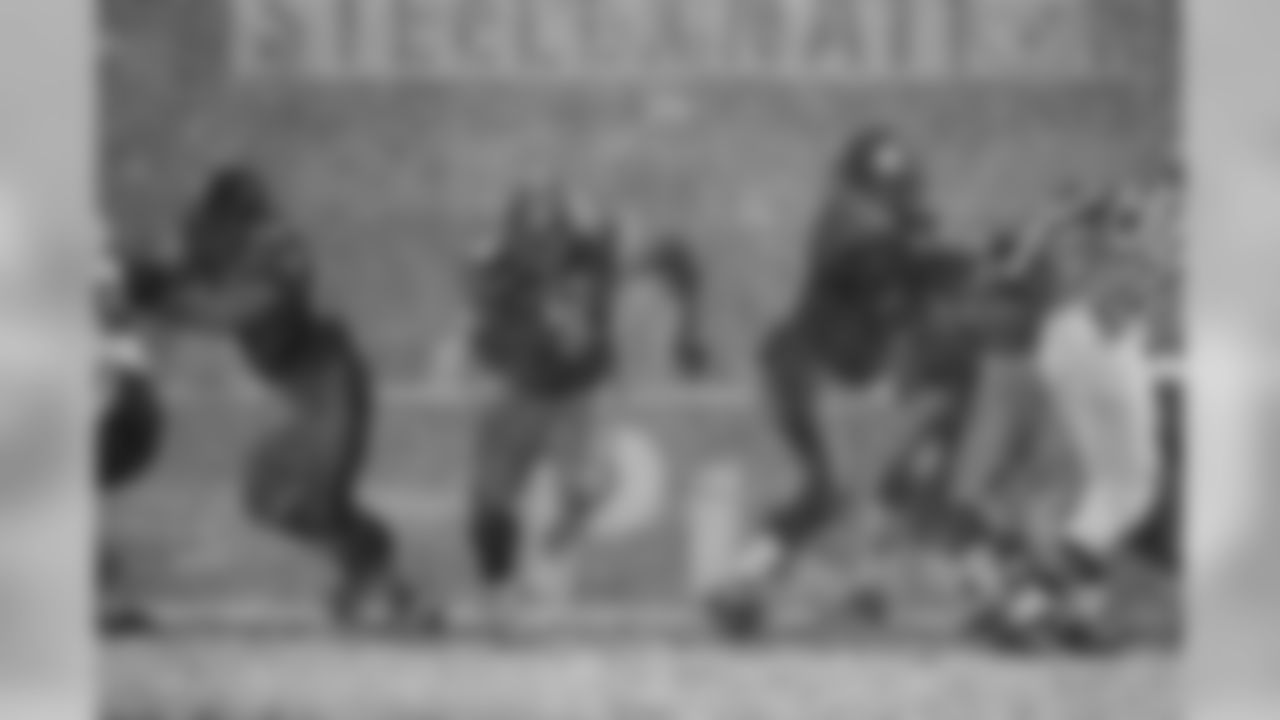
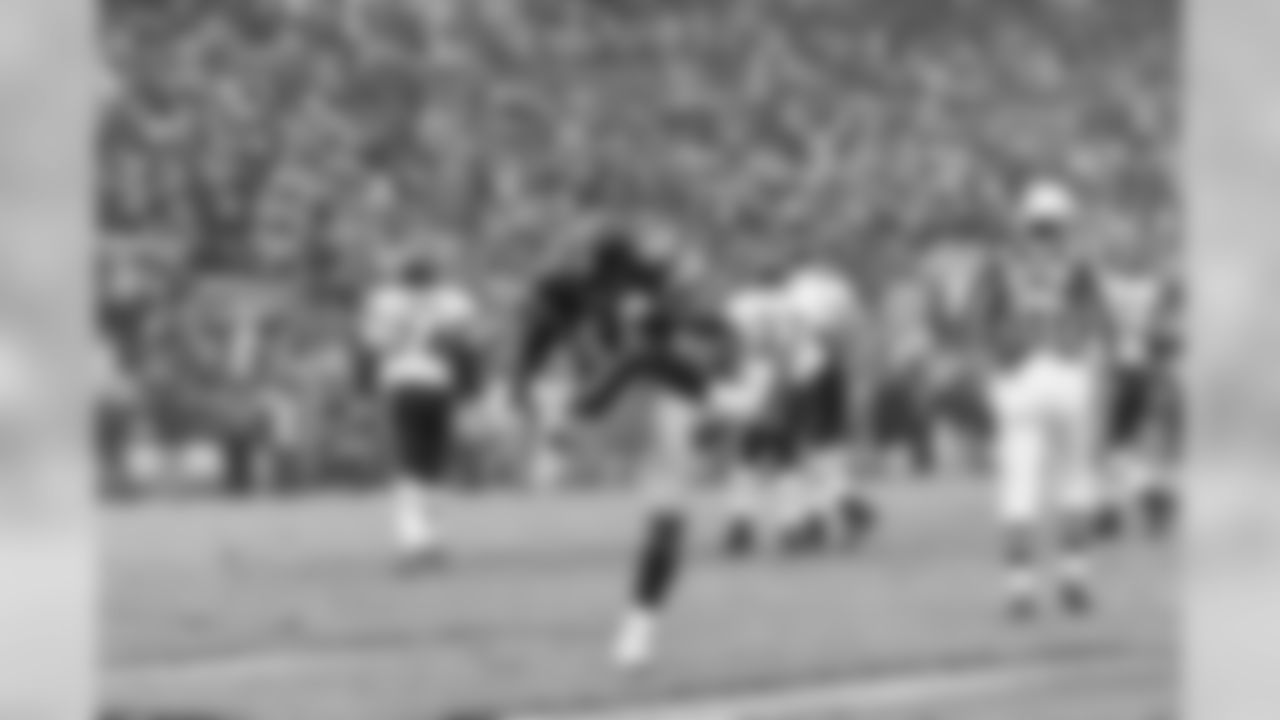
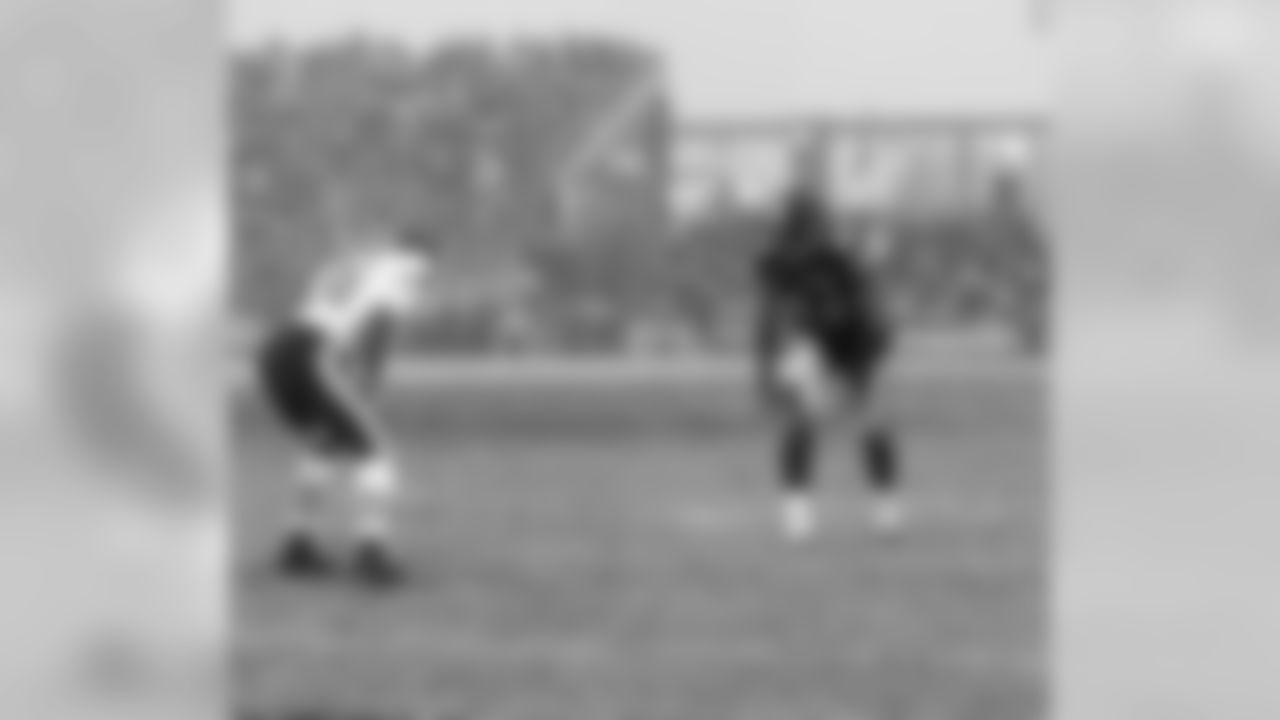
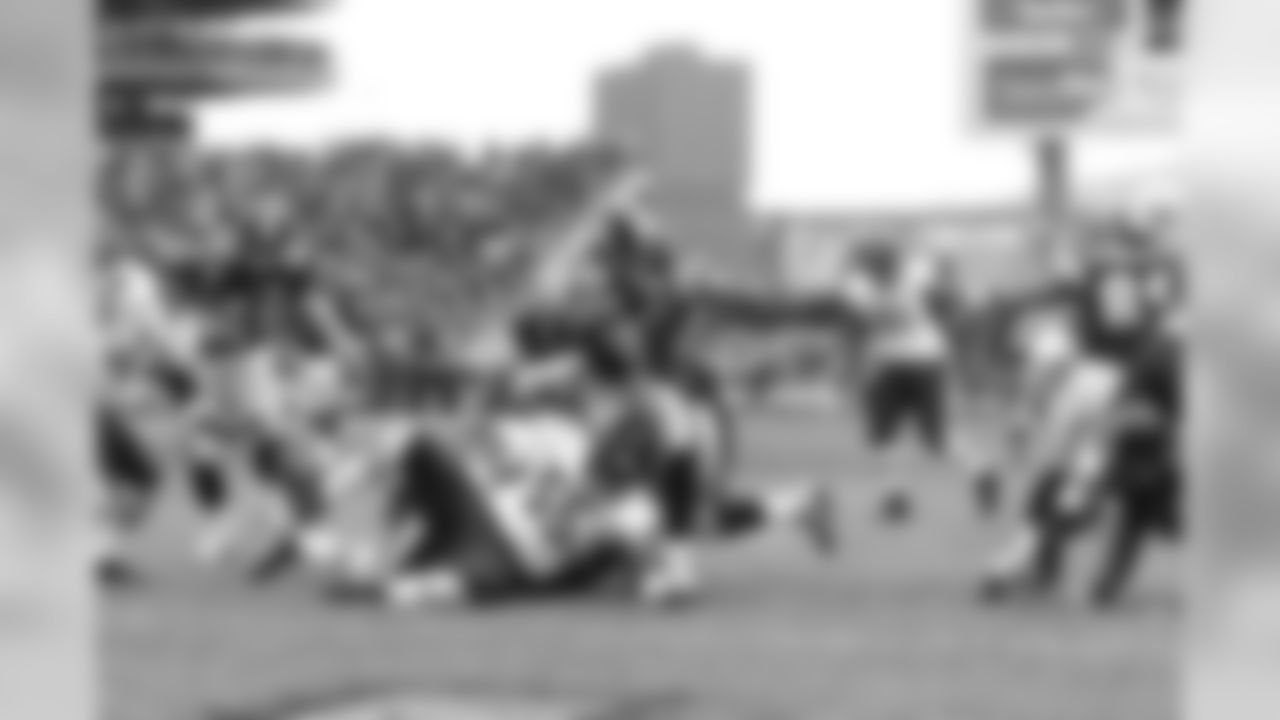
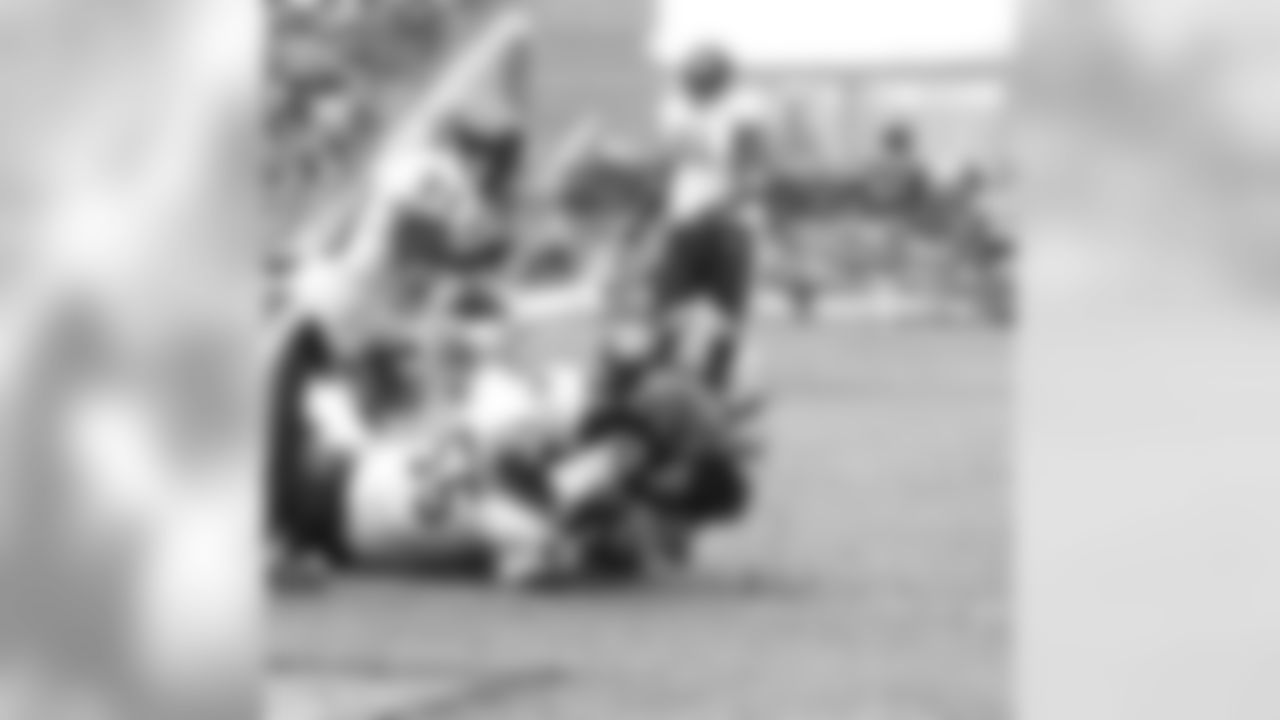
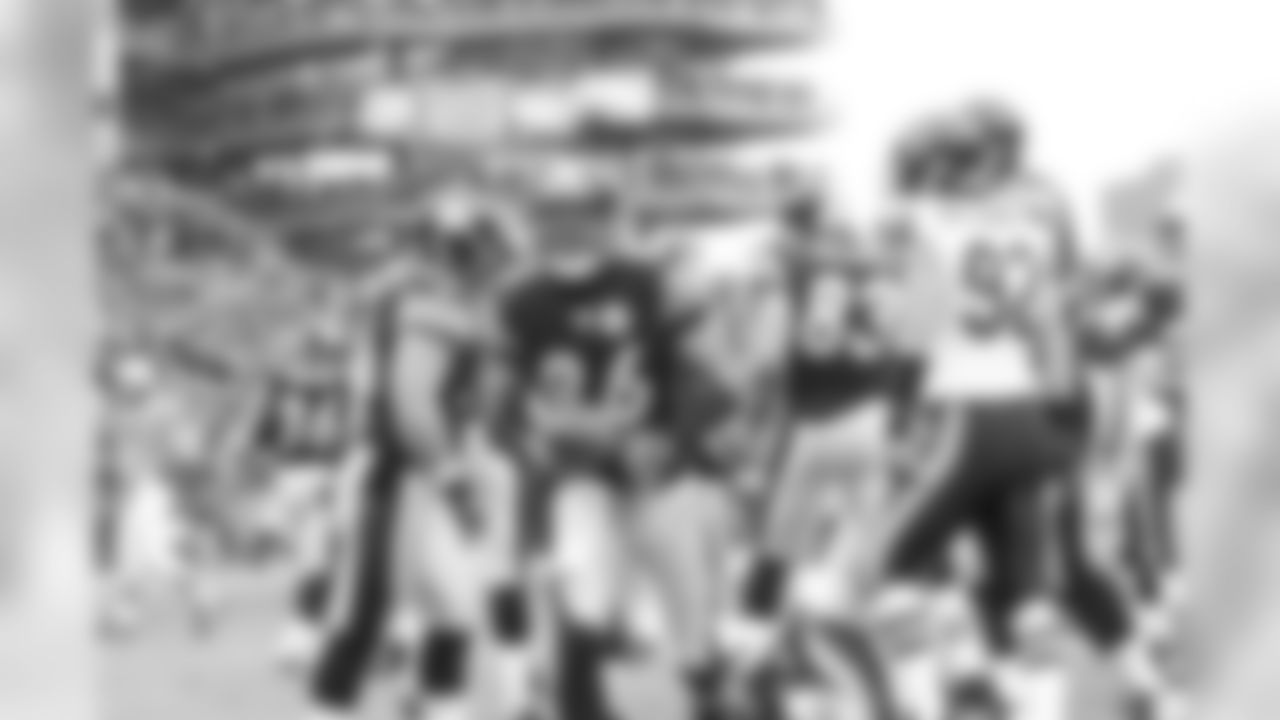
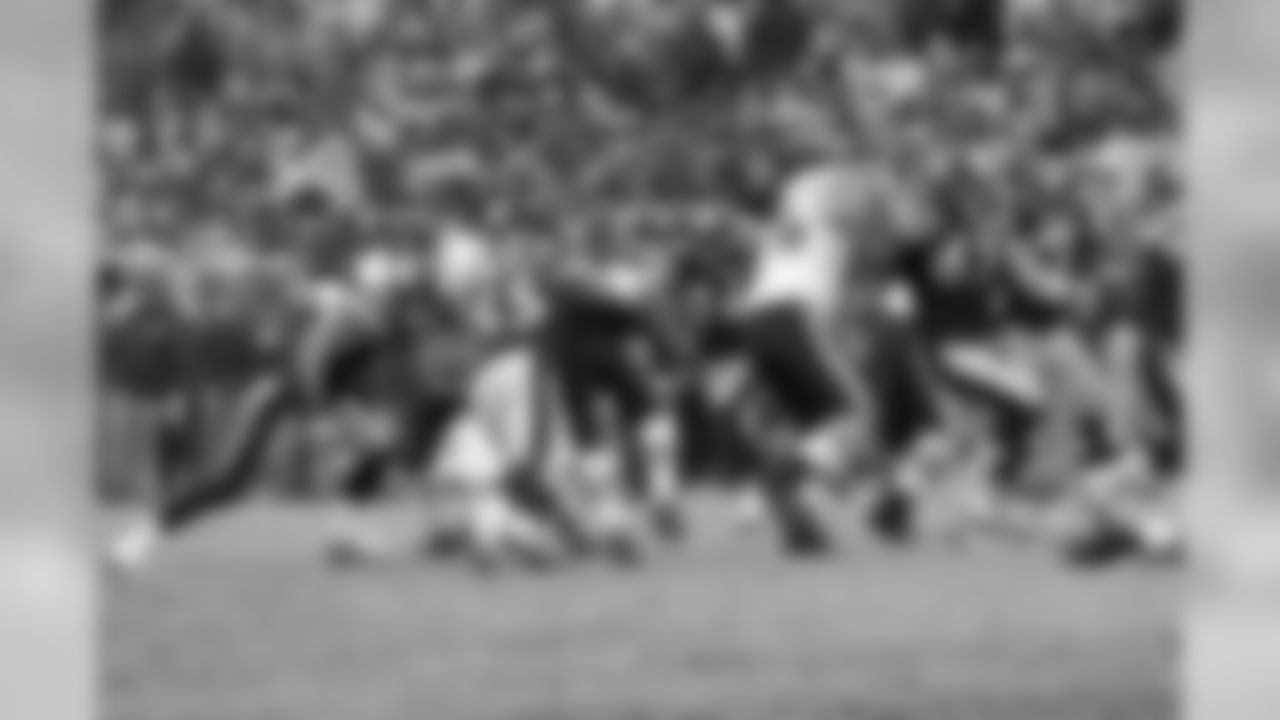
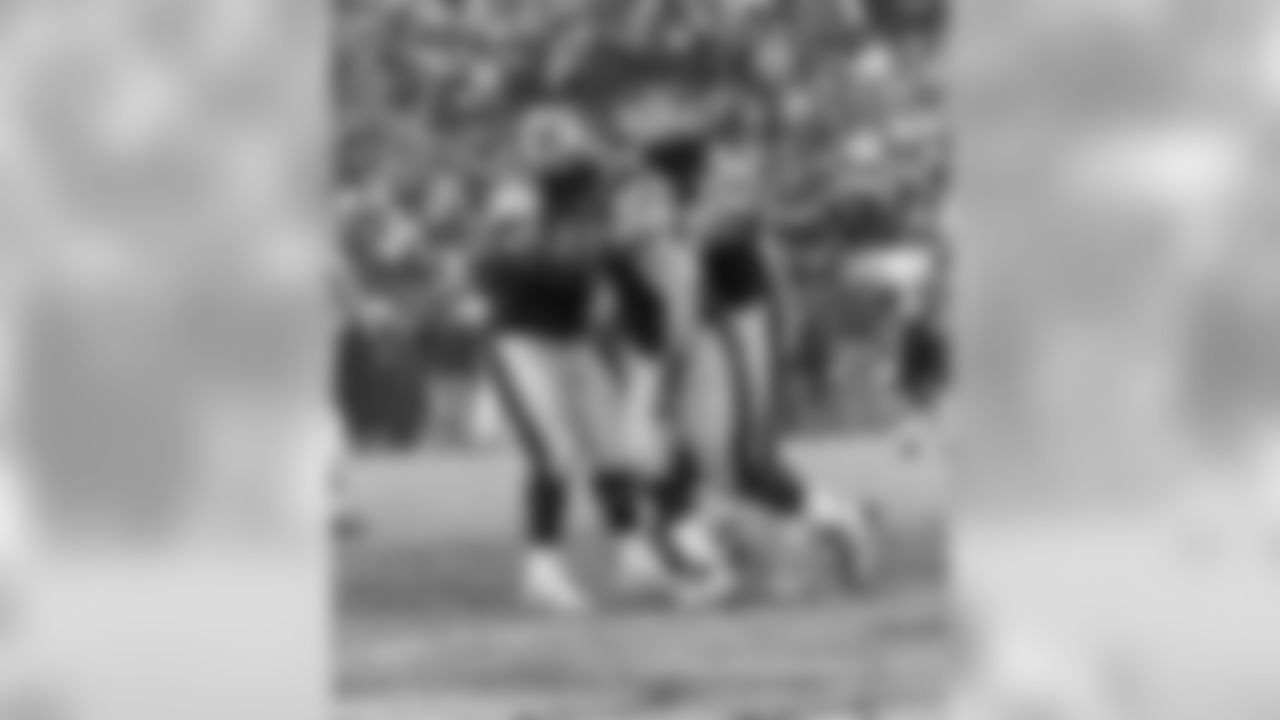


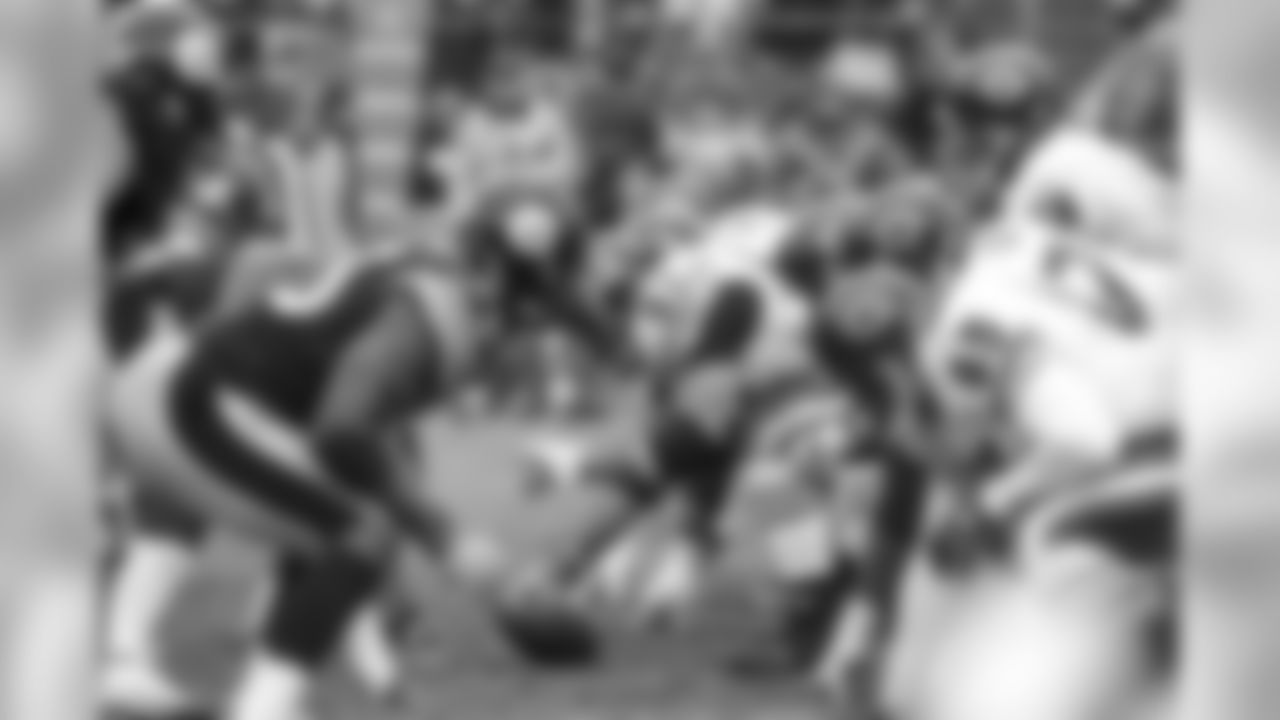
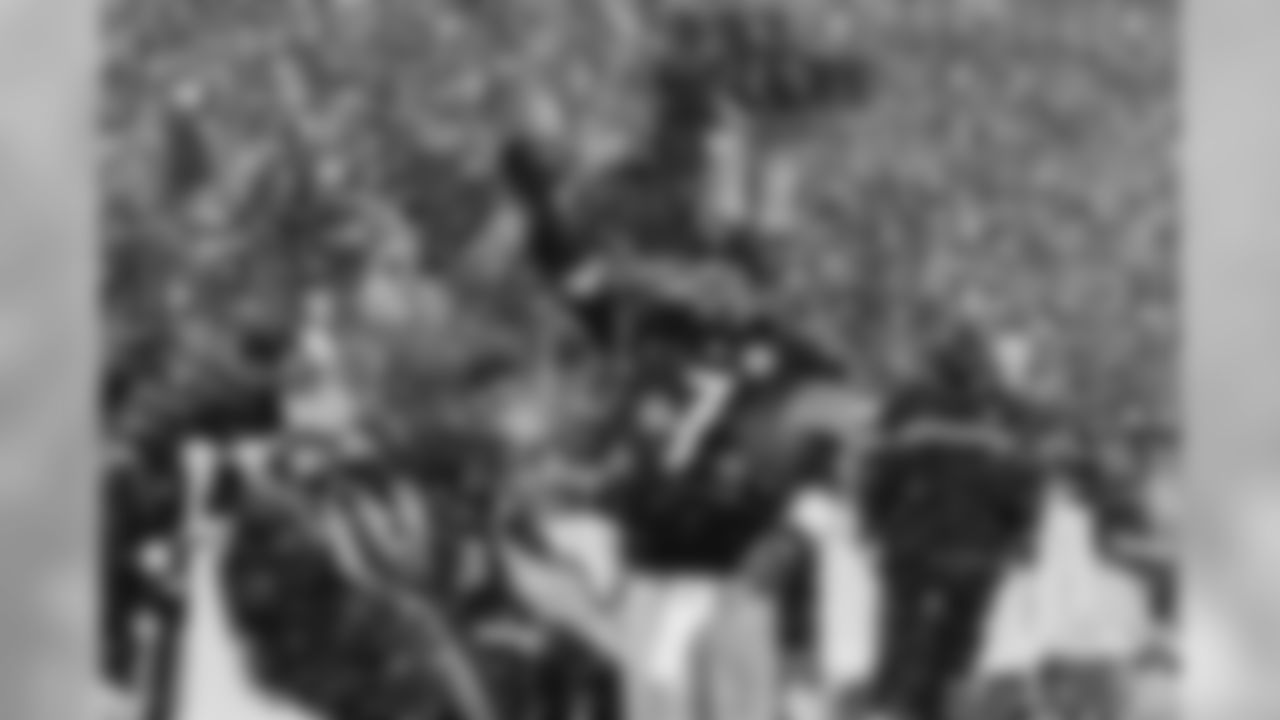
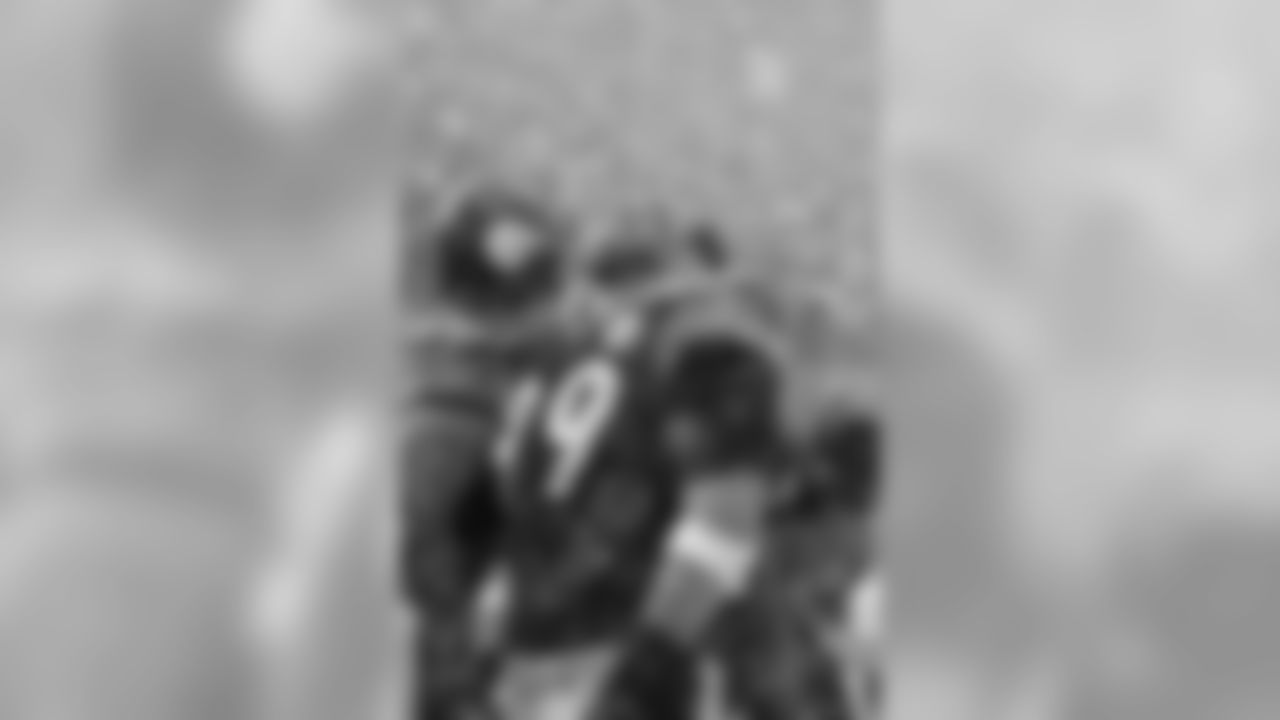
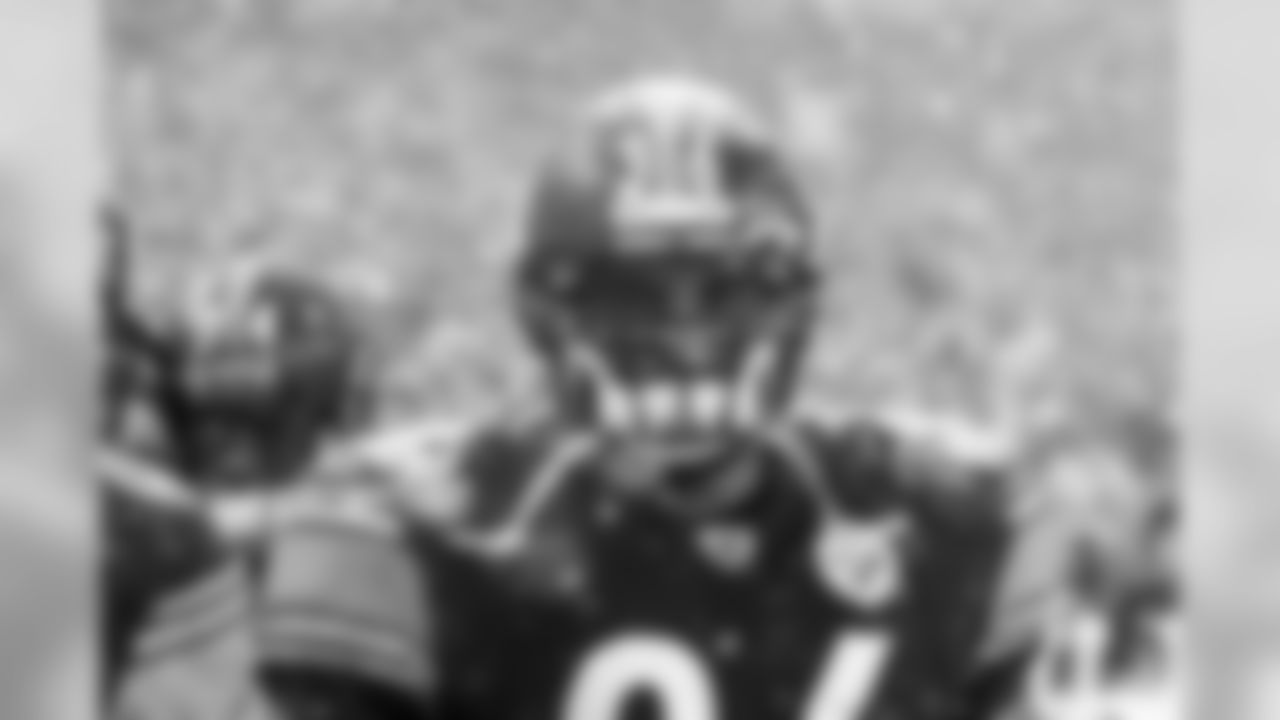


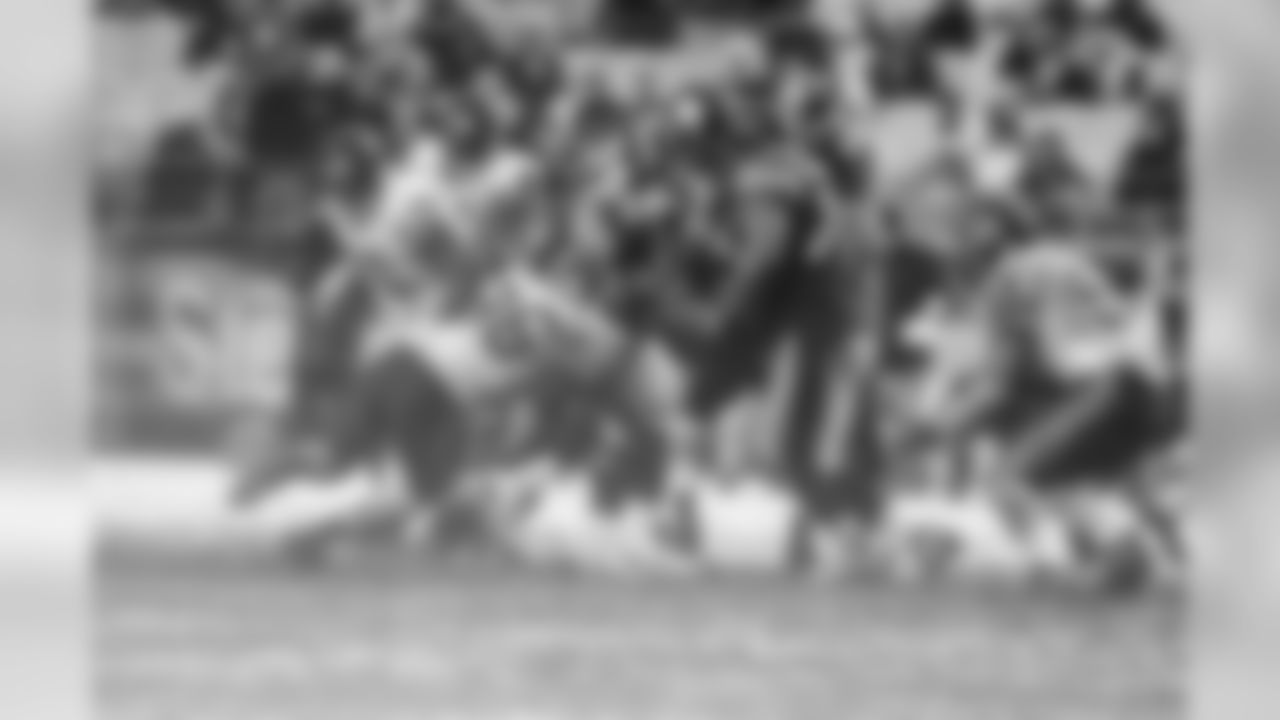

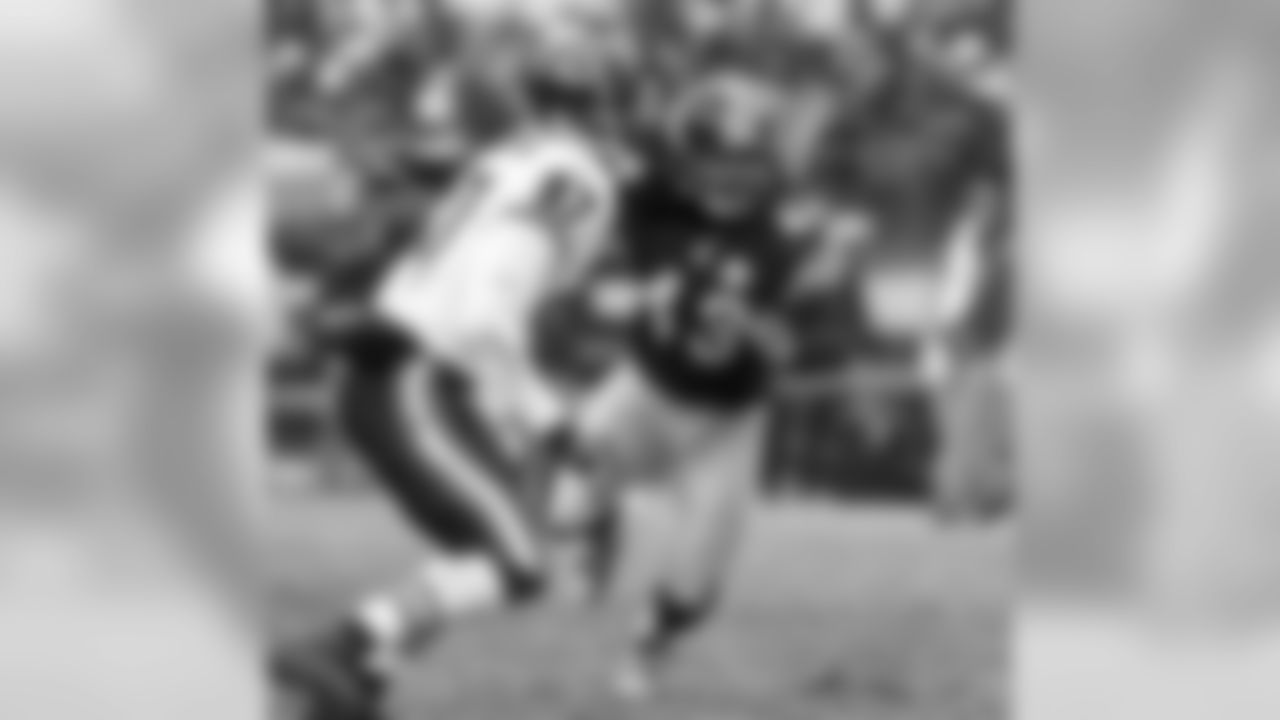
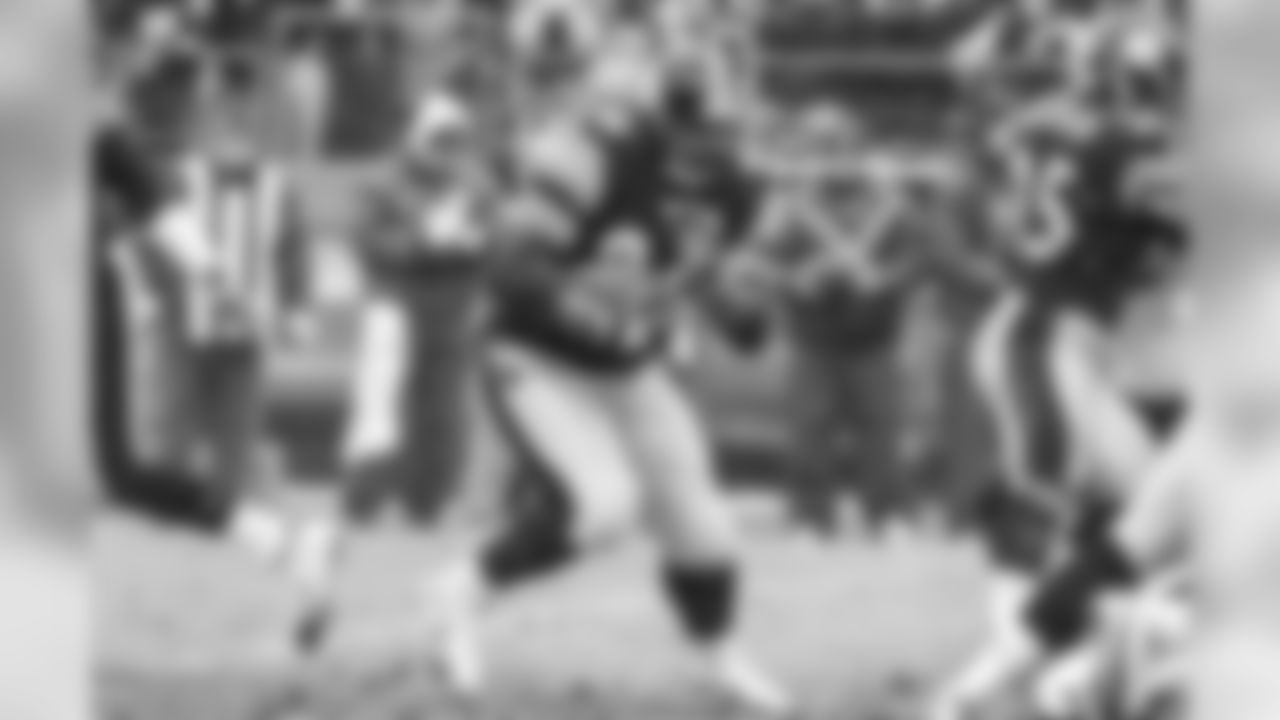

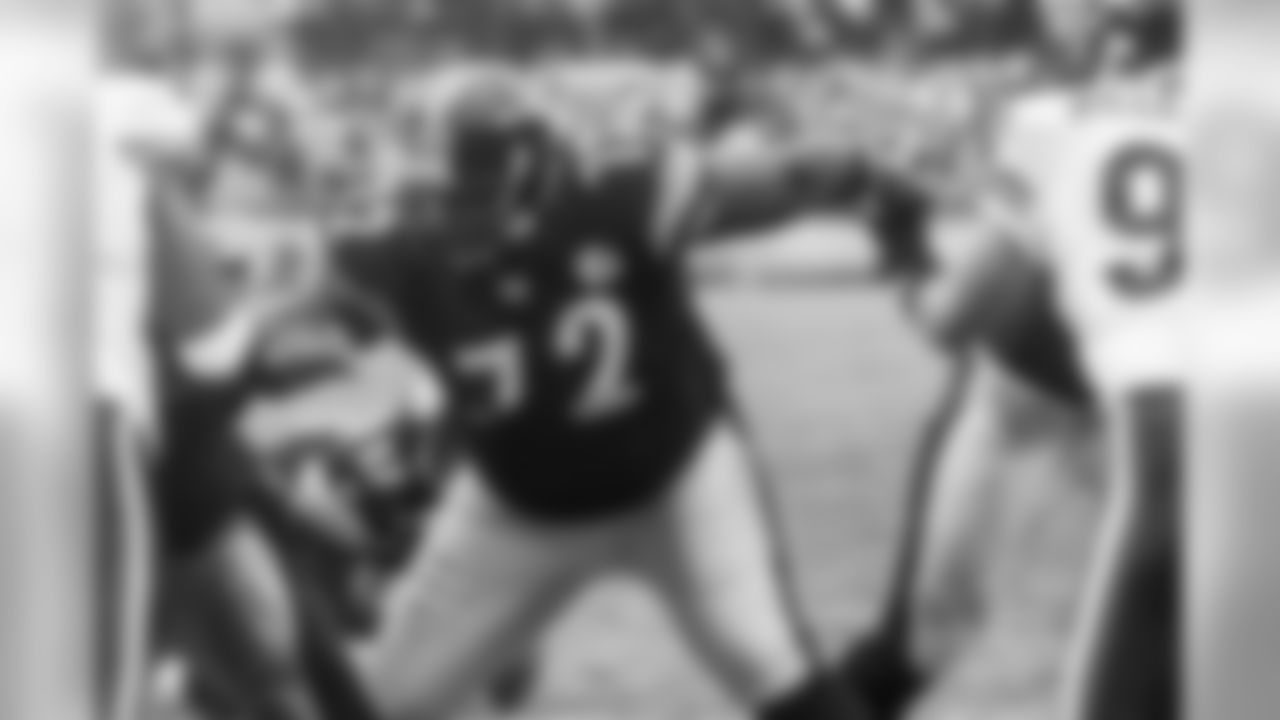
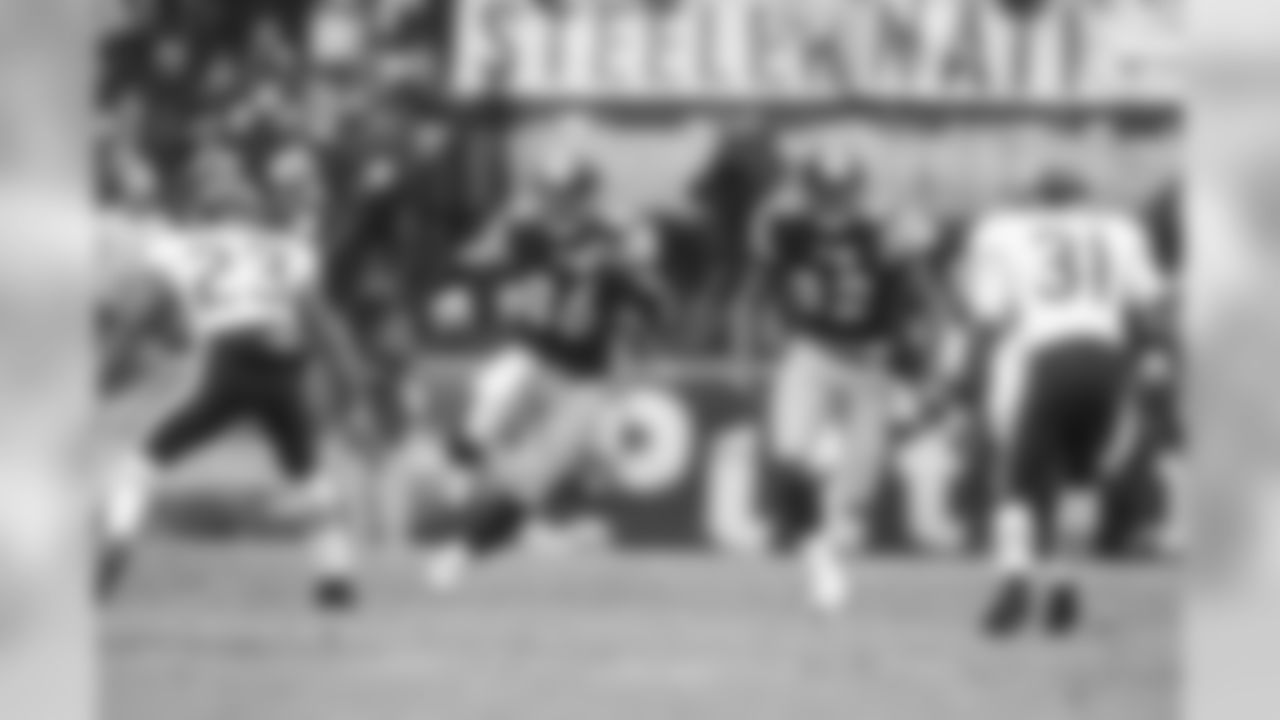
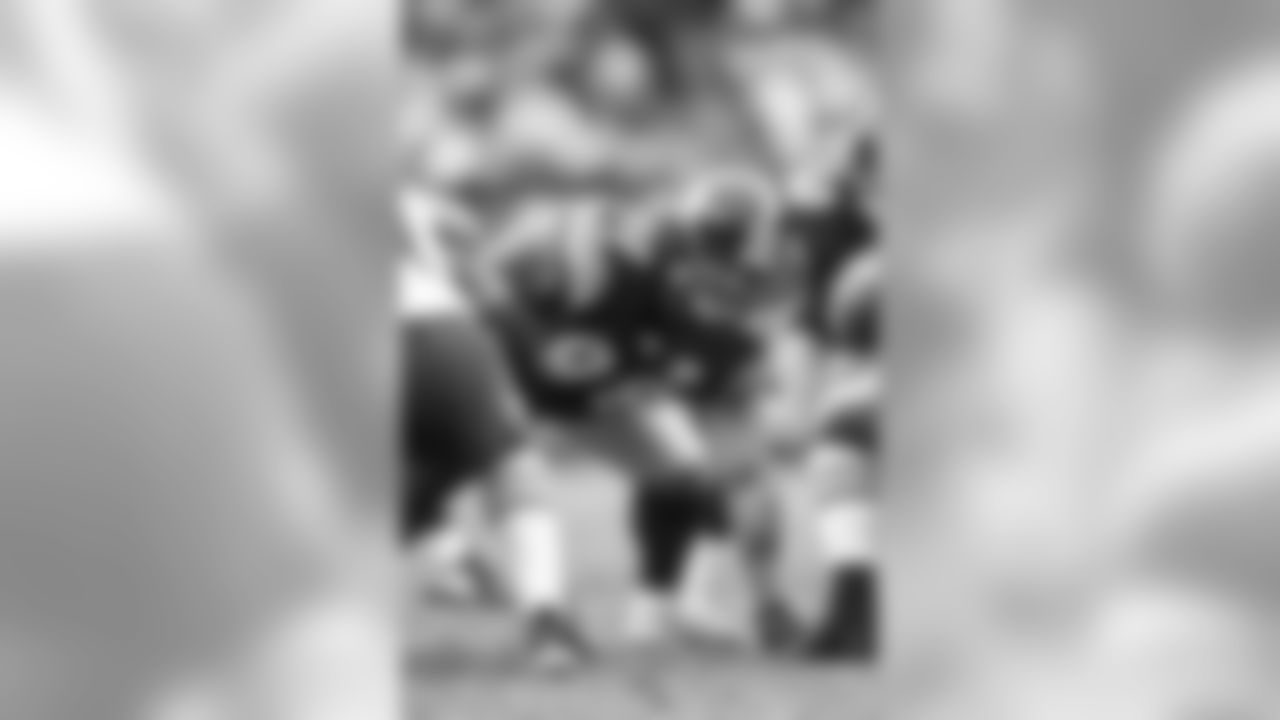
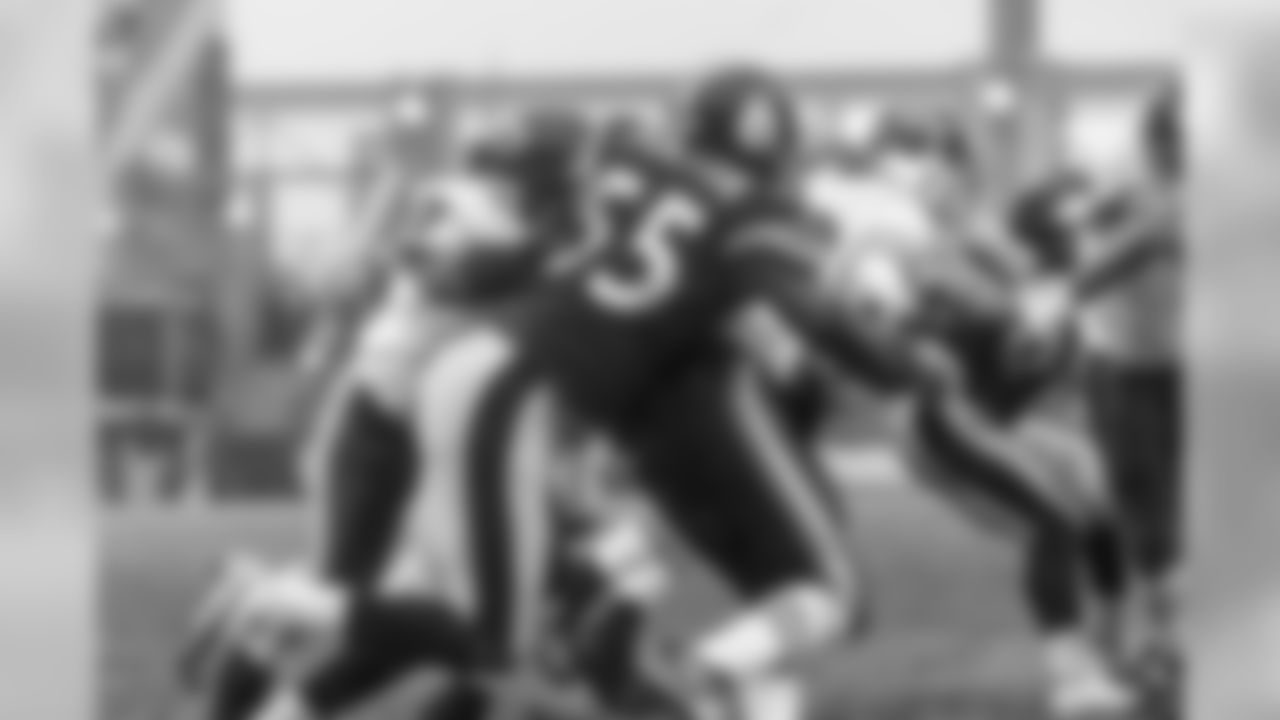
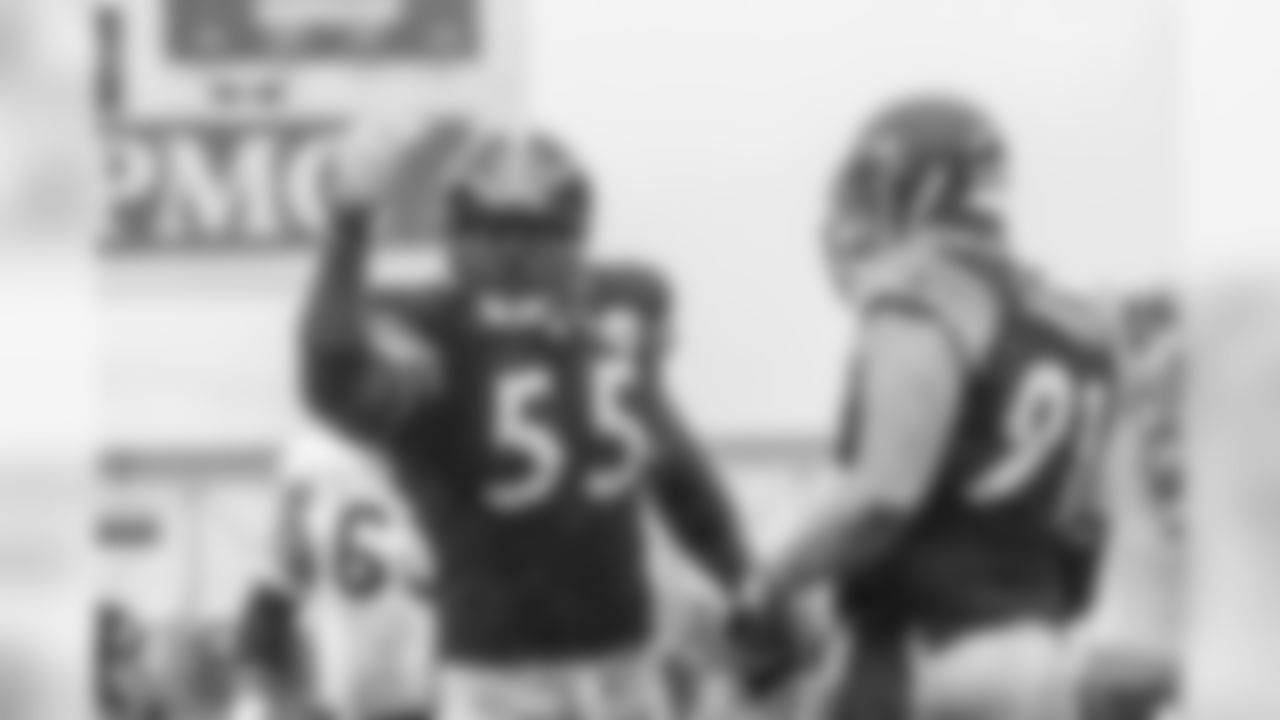
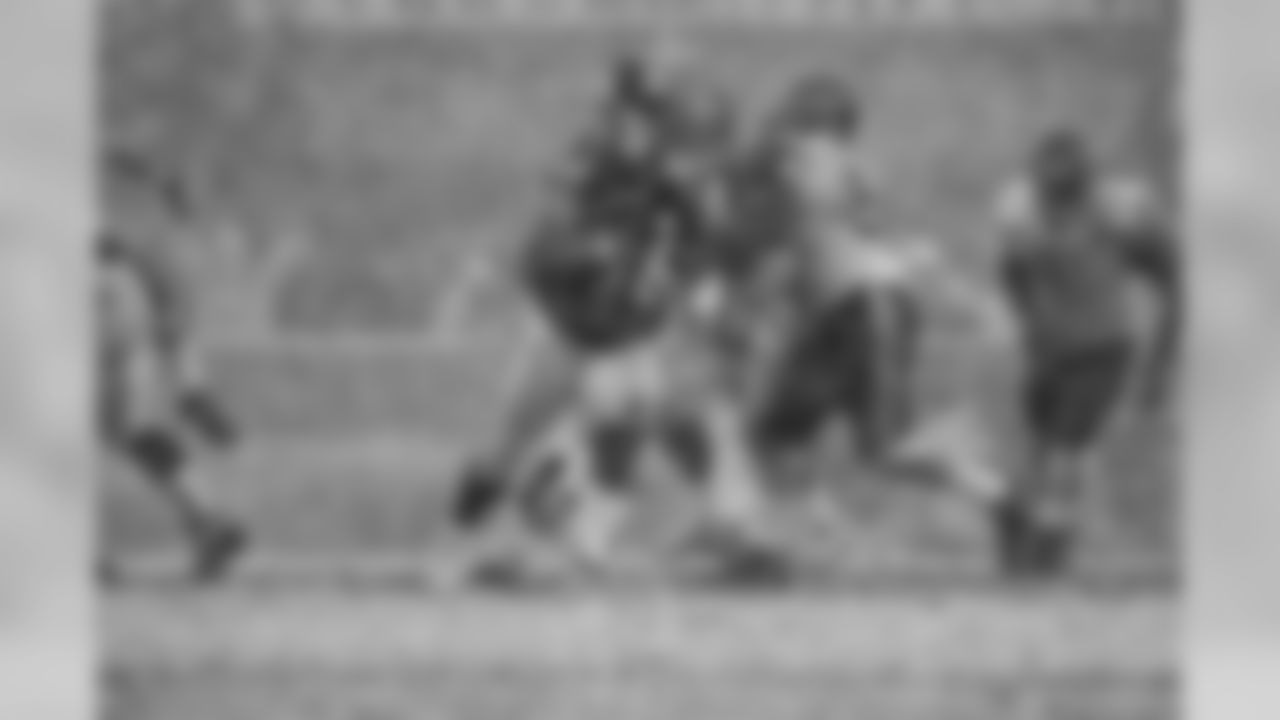
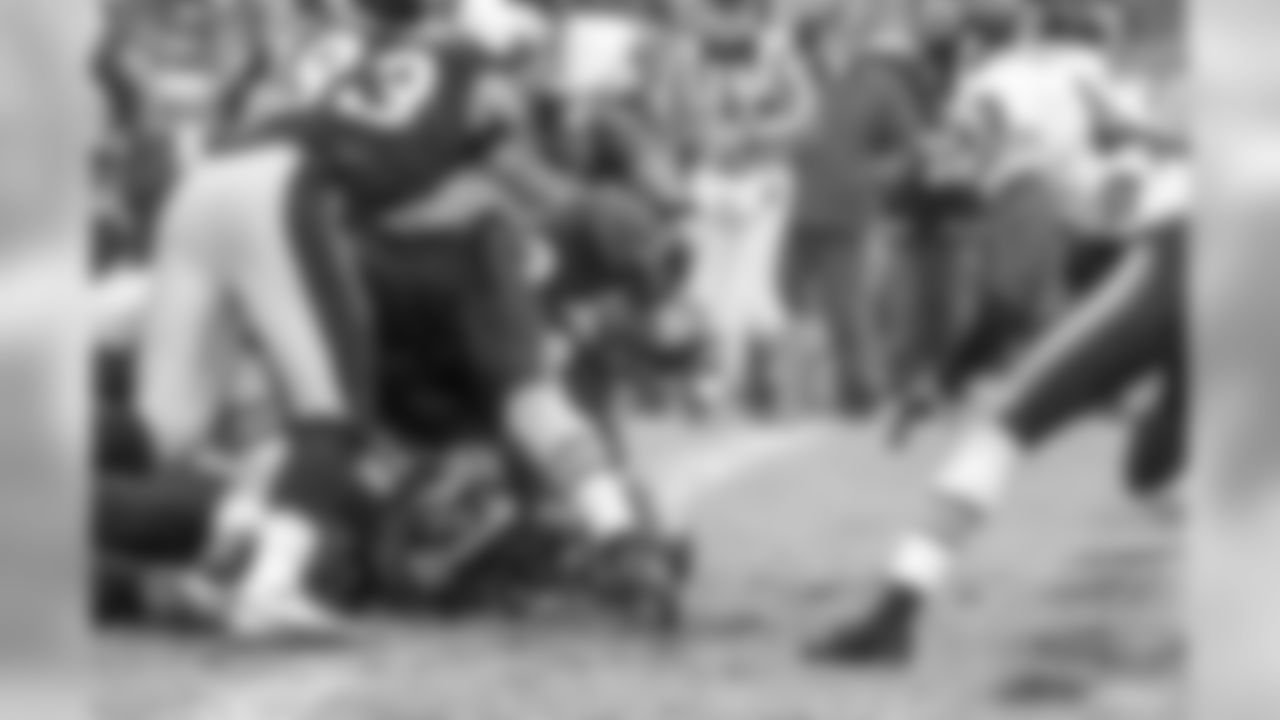
Q. Is that also what happened in the game against the Browns on the blocked punt?**
A. Absolutely. He's fundamentally doing what he's supposed to do, and there's a chink in the opponent's armor, and it allows you to capitalize on it. Those things happen, really, on each and every play in football. The quality of your execution, the detail of your assignment execution often times is the difference between whether that's a harmless football play or a spectacular football play.
Q. Is that also an example of what you refer to as "being on your details?"
A. No question. I think it might have been our first punt in the game against the Vikings, technically we were off, but they weren't in position to take advantage of it. And so we were able to get the punt off. Seemingly it looks like nothing and there's nothing being discussed, but it is something being discussed in our meeting room. We know we were fortunate on that football play. We were off. We were not on the details technically speaking. Had they been, it could've been catastrophic.
Q. Have you ever given any thought to wearing white jerseys for early season home games as a way to combat heat-related issues?
A. No. I tend to lean on conditioning as a way of combatting the weather. I tend to walk into those stadiums with a team that's highly conditioned and let that be our defense. Regardless of your attire, in early September, teams are susceptible to heat-related illness and so forth. When I worked for the Buccaneers, we always used to laugh about teams having to come down and play in September, and I didn't think it was quite as funny because often times we were the team that was dying as well. Weather conditions are like that. I think all of us are potentially susceptible to it. We just have to get ourselves in the best physical condition to combat it, and I'm comfortable with the conditioning of our group.
Q. Can you explain the rule about the 40-second clock after a touchdown? Is that the celebration clock, where players are given just a certain allotted time to celebrate? Do teams have to decide on a PAT or a 2-point attempt during the same time the "celebration" clock is running?
A. Generally the decision about whether to go for a 2-point conversion is never done within that time frame. That decision happens before you even score, so it's a non-issue. What is an issue, and the issue I have mechanically with what happened last week is not only with our celebration and things of that nature, but there are things operationally from an officials' standpoint that go on when you decide to go for a two-point conversion that take time. They ask you where you want the ball spotted, and if you tell them the middle of the field, then they put the ball in the middle of the field. They look at the replay to make sure the touchdown is good. They have to confirm the score, because all touchdown plays are reviewable. There are a lot of mechanical things going on from a game operations standpoint that usually justify a pushing up of the play-clock. It didn't happen last week, and we've learned our lesson. We'll be prepared to adjust accordingly. It's going to be interesting to see how some of that stuff gets played out in stadiums as we as a league find our footing with some of those changes.
Q. Generally speaking and understanding that 2-0 is all that matters, are you pleased with the development you've seen in the team since the start of the regular season?
A. I'm generally pleased. I like the approach they take to the work every day. I like the competitive spirit with which we practice. Overall I've been impressed by the attention to detail by the young players. I've been impressed by our veteran players in terms of their willingness to coach and aid in the development of the young people. Notice I hadn't talked about any of the things that occurred in a stadium because that's how I monitor growth and development at this time of year. Regardless of what happens in the stadium, we have to do those things. We sit here at 2-0, but we have to do those things. If we were sitting here at 0-2, we'd still have to do those things. That's what we talk openly about: acknowledging where we are; acknowledging that this journey holds more development for us; and that we have to take advantage of these days and bring an approach that allows us to do that. Hopefully it'll pay off in stadiums, it'll be reflected in the record. Thus far, it has. But I'm not looking for that confirmation. We just have to take advantage of these days.
**
The Steelers prepare for the Week 3 matchup against the Chicago Bears.
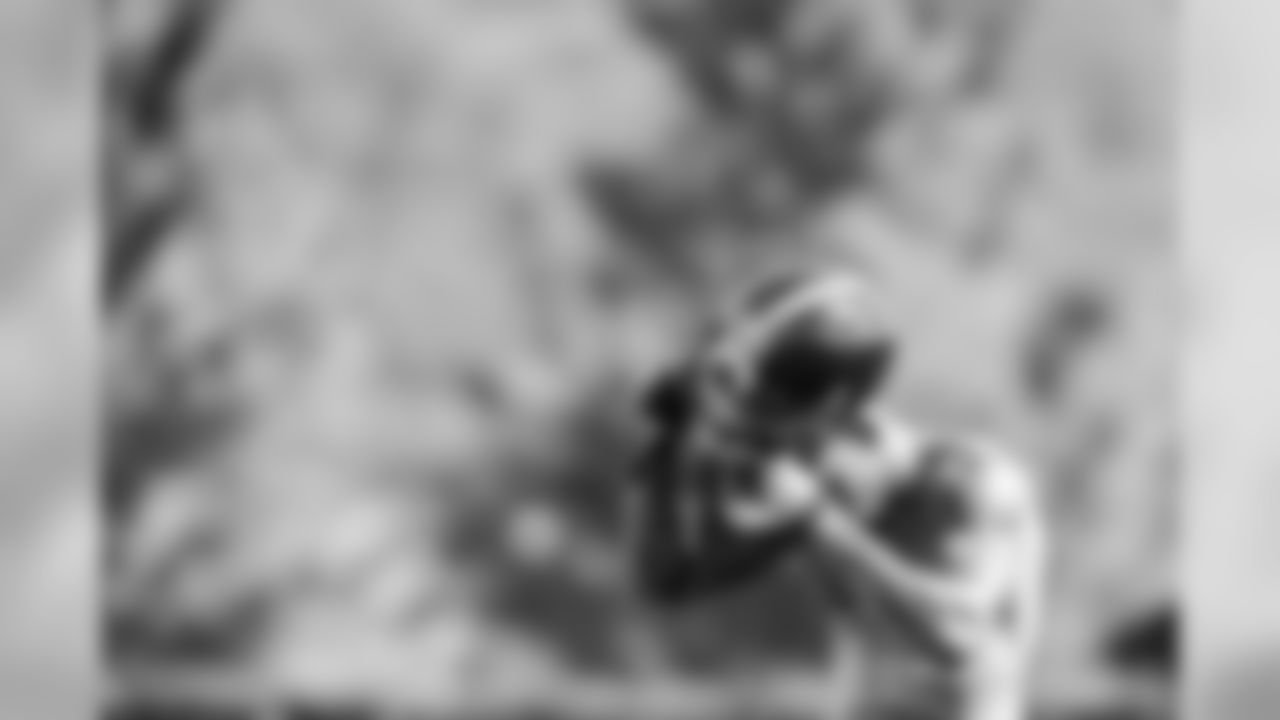

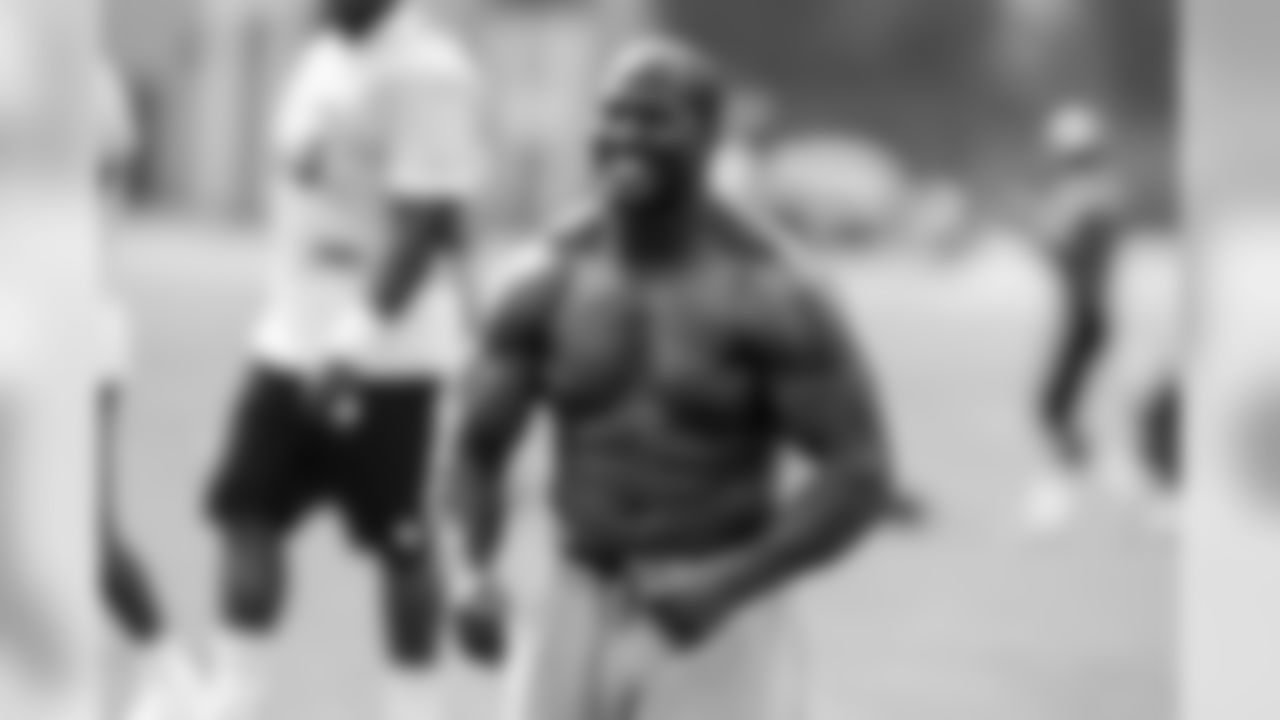


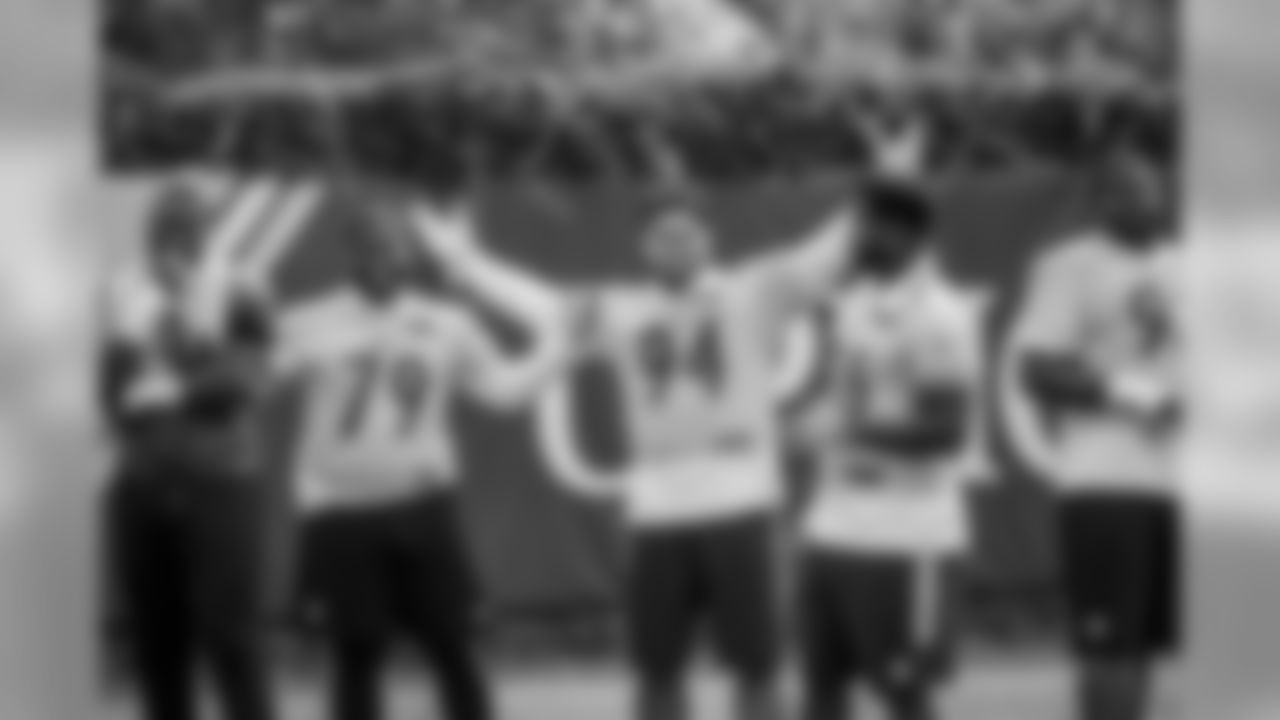


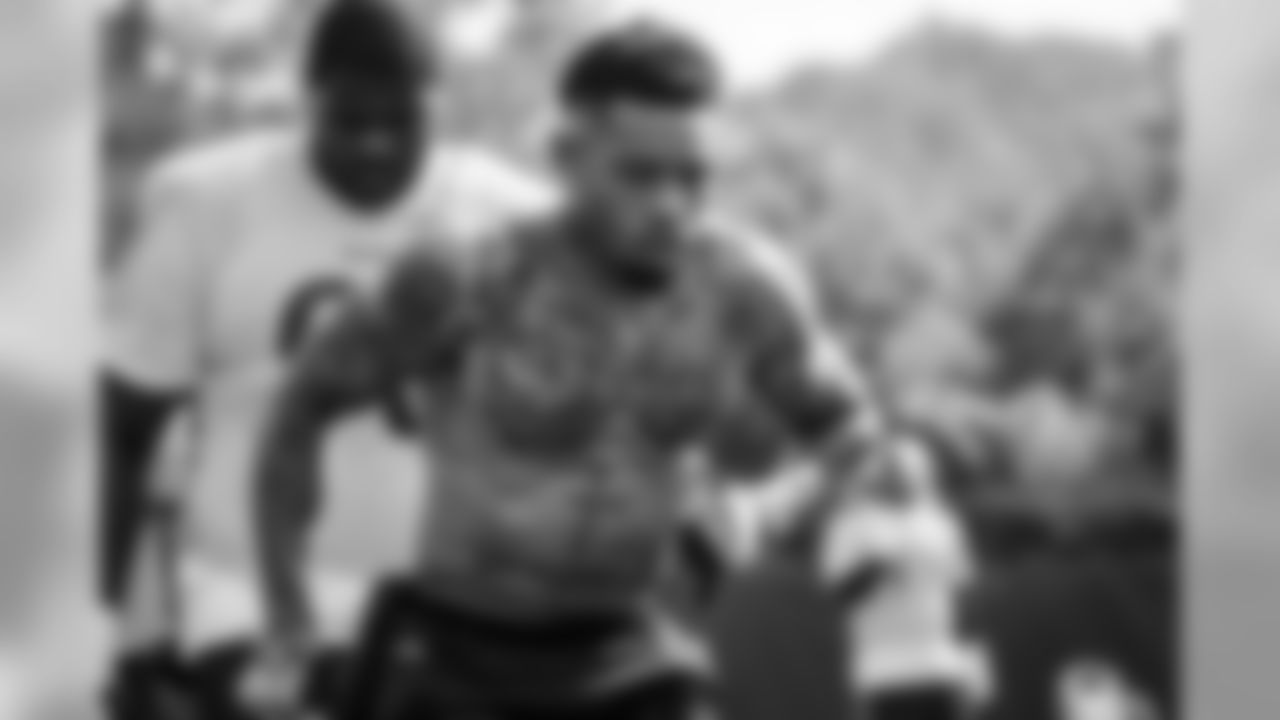
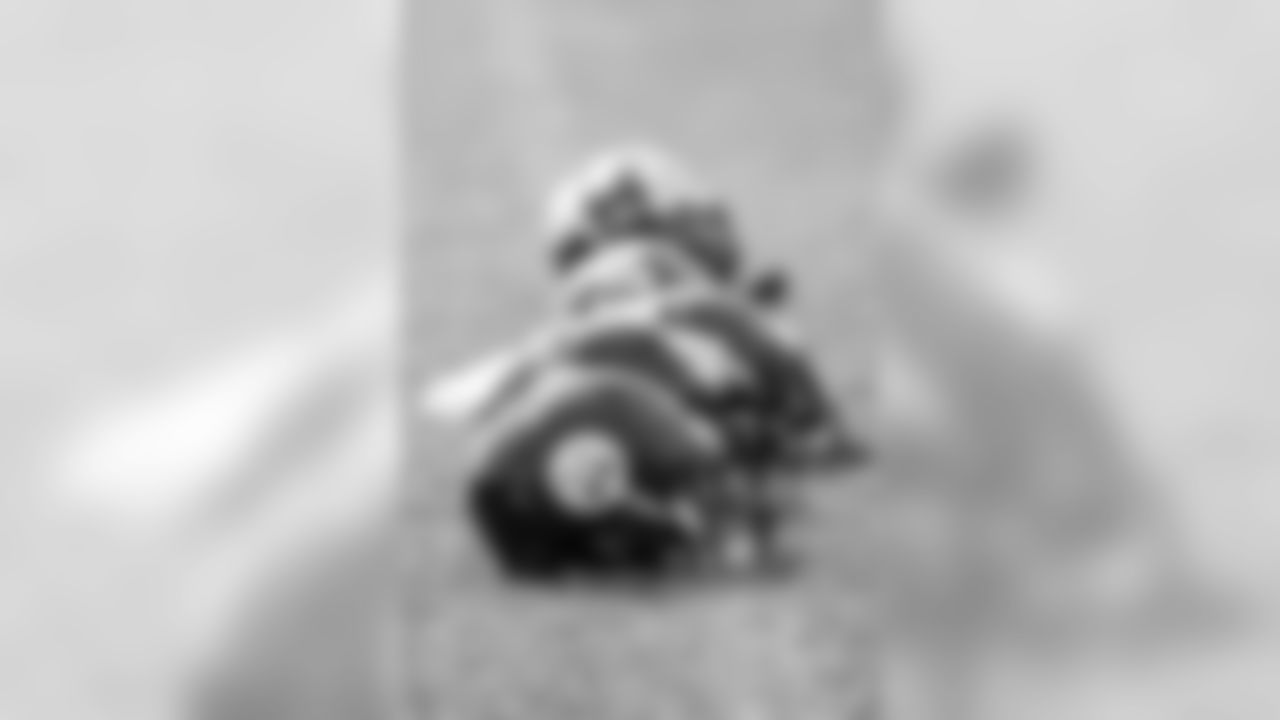
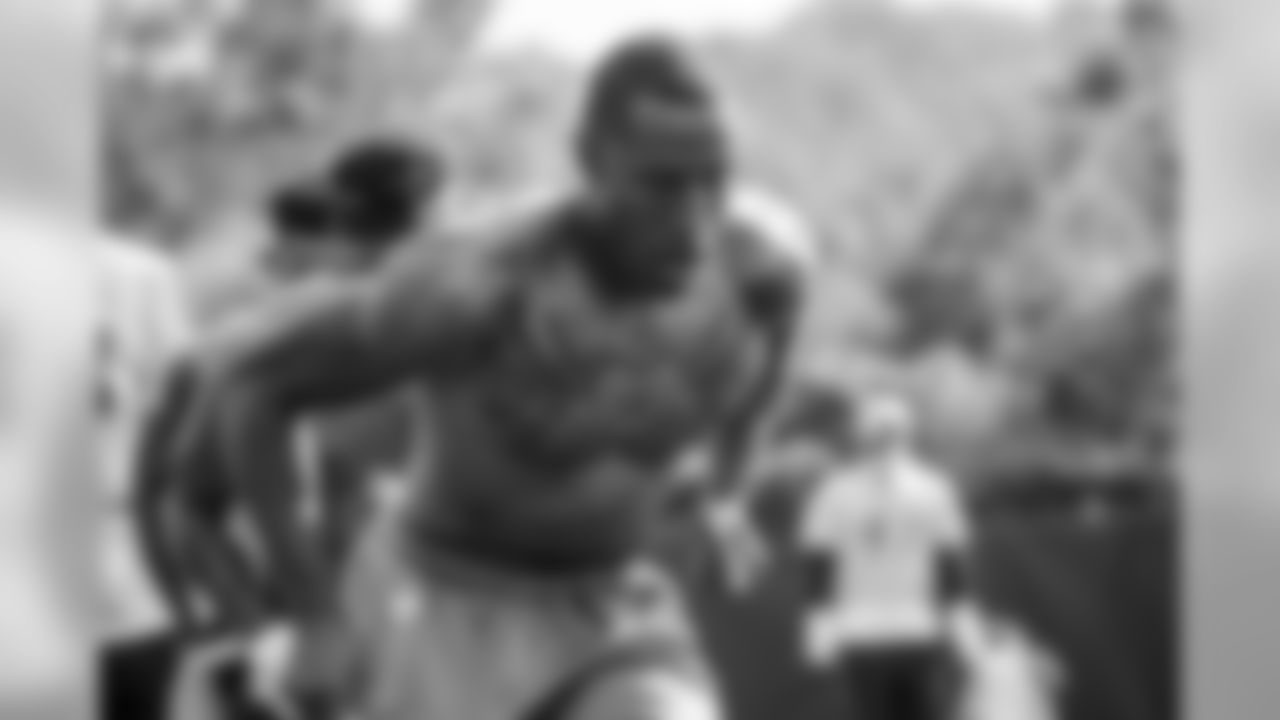
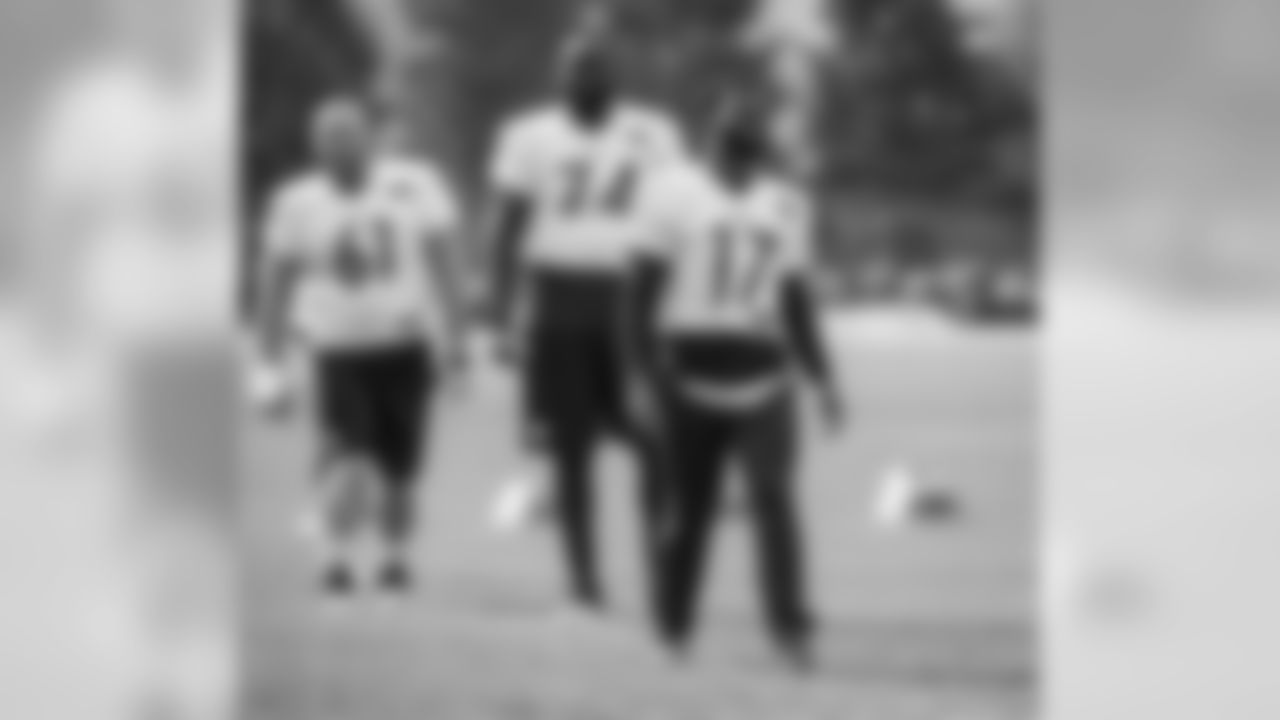
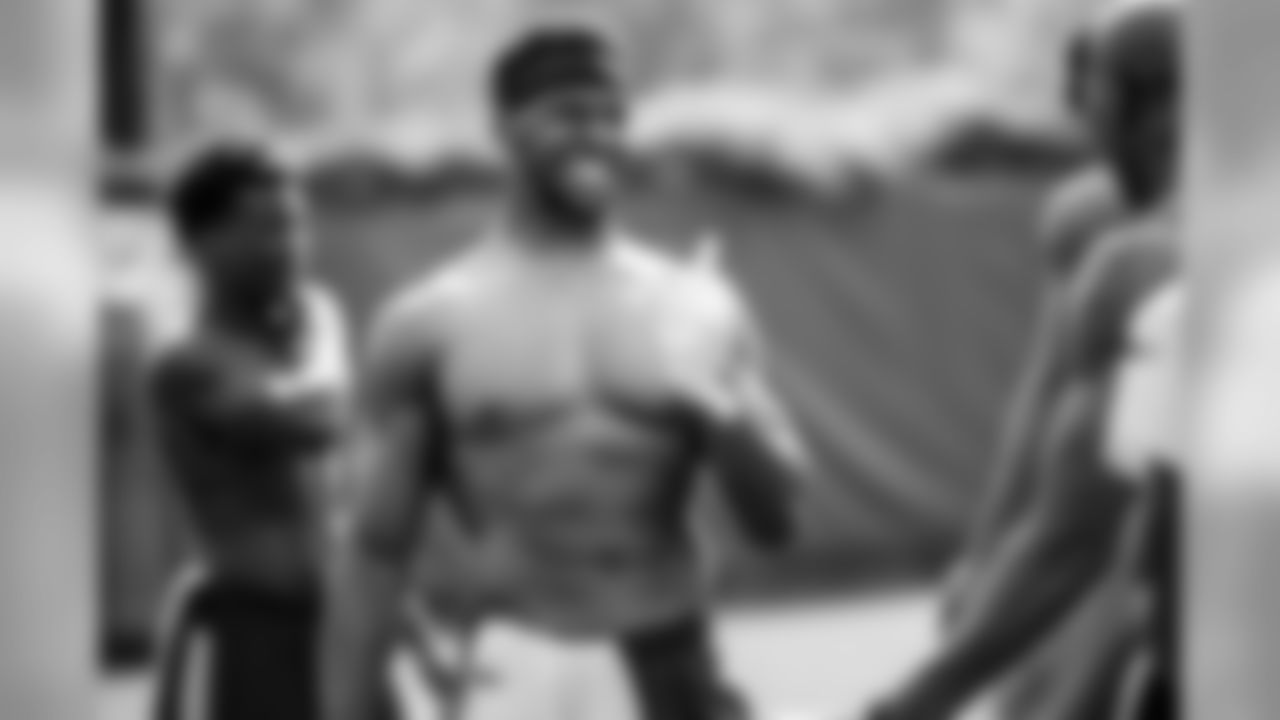
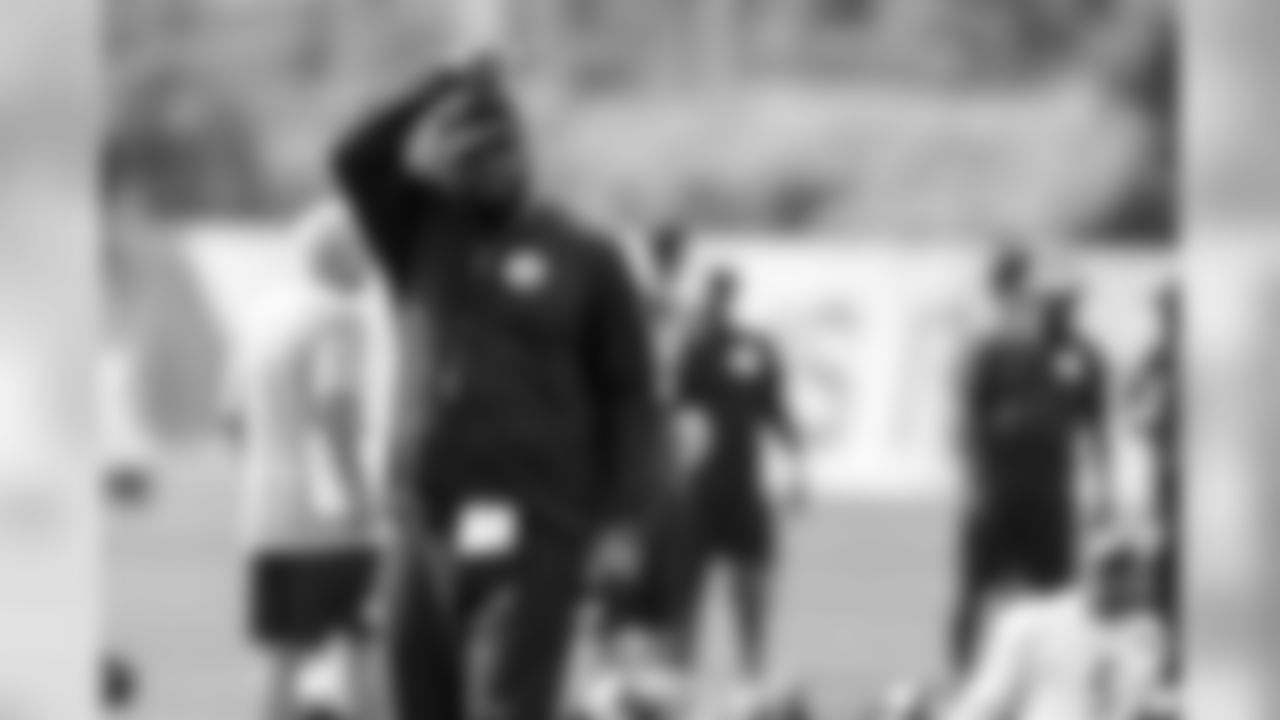
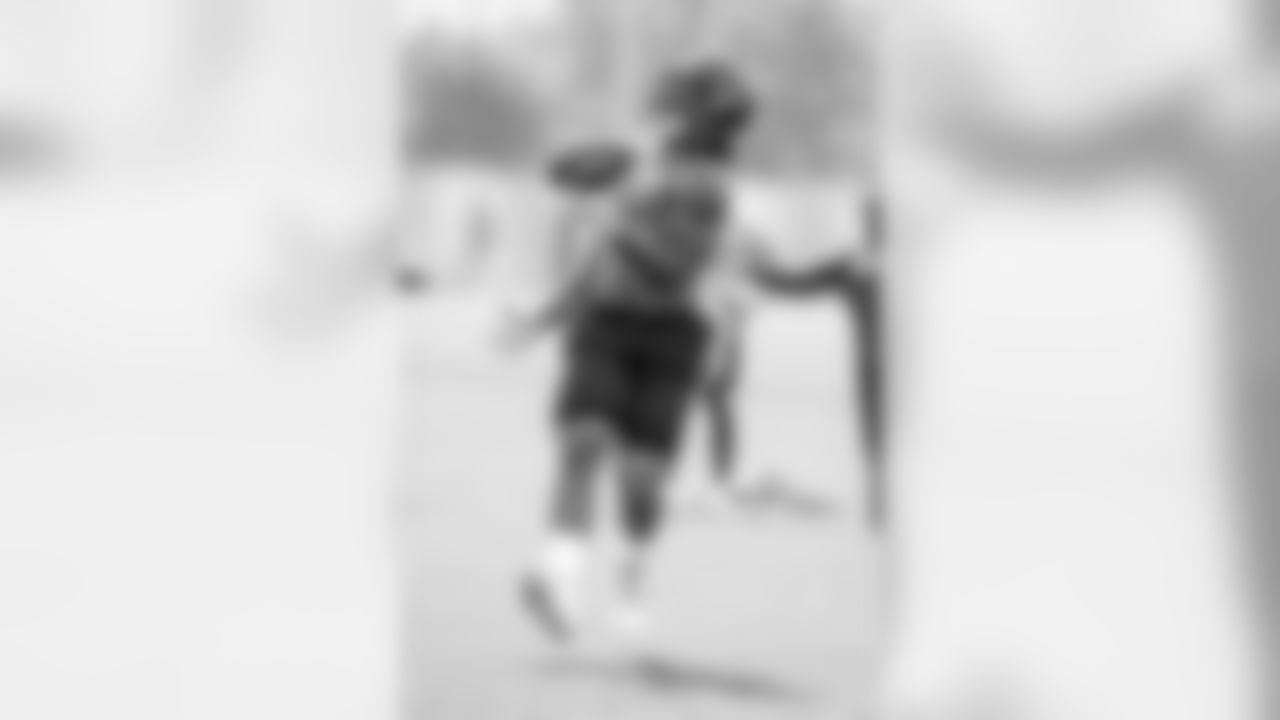

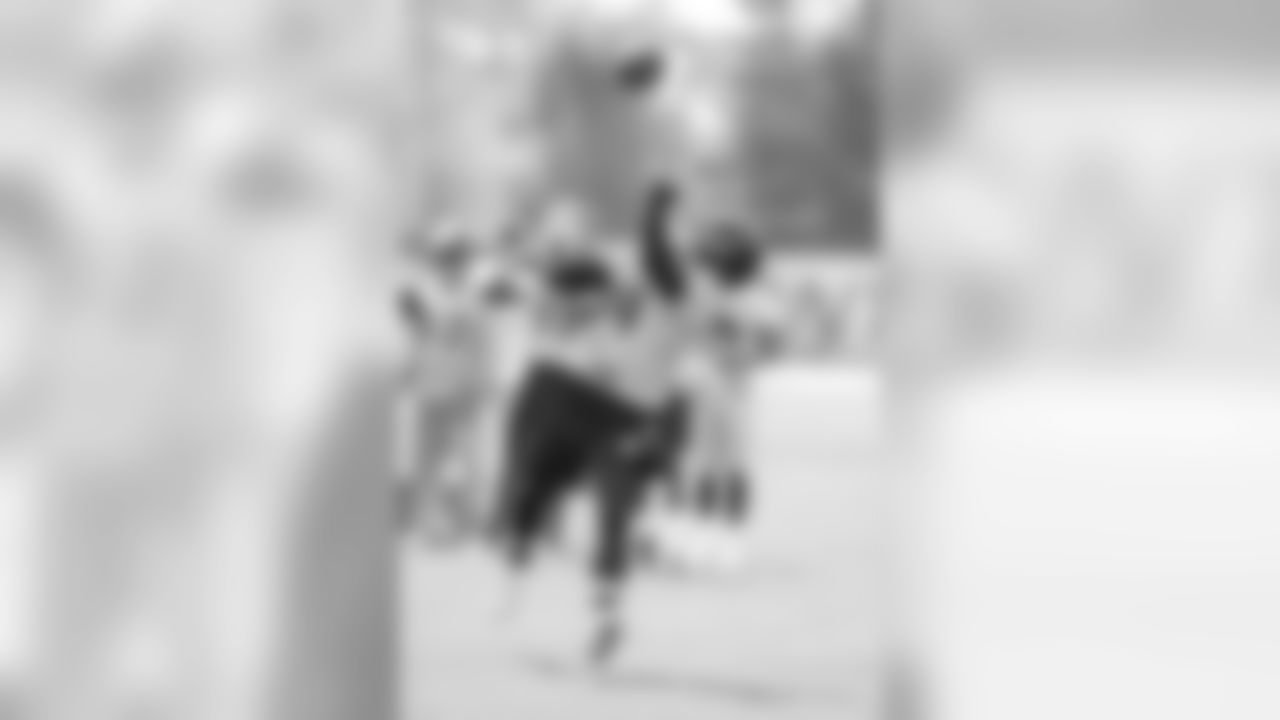

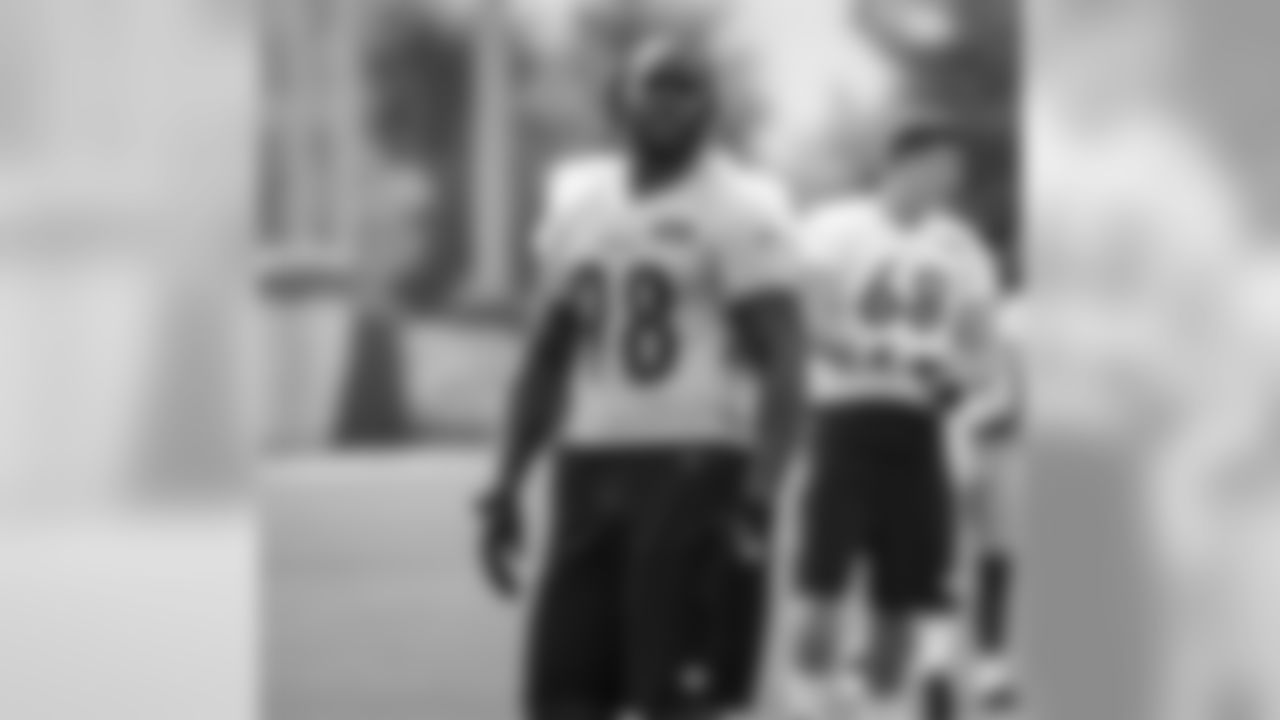
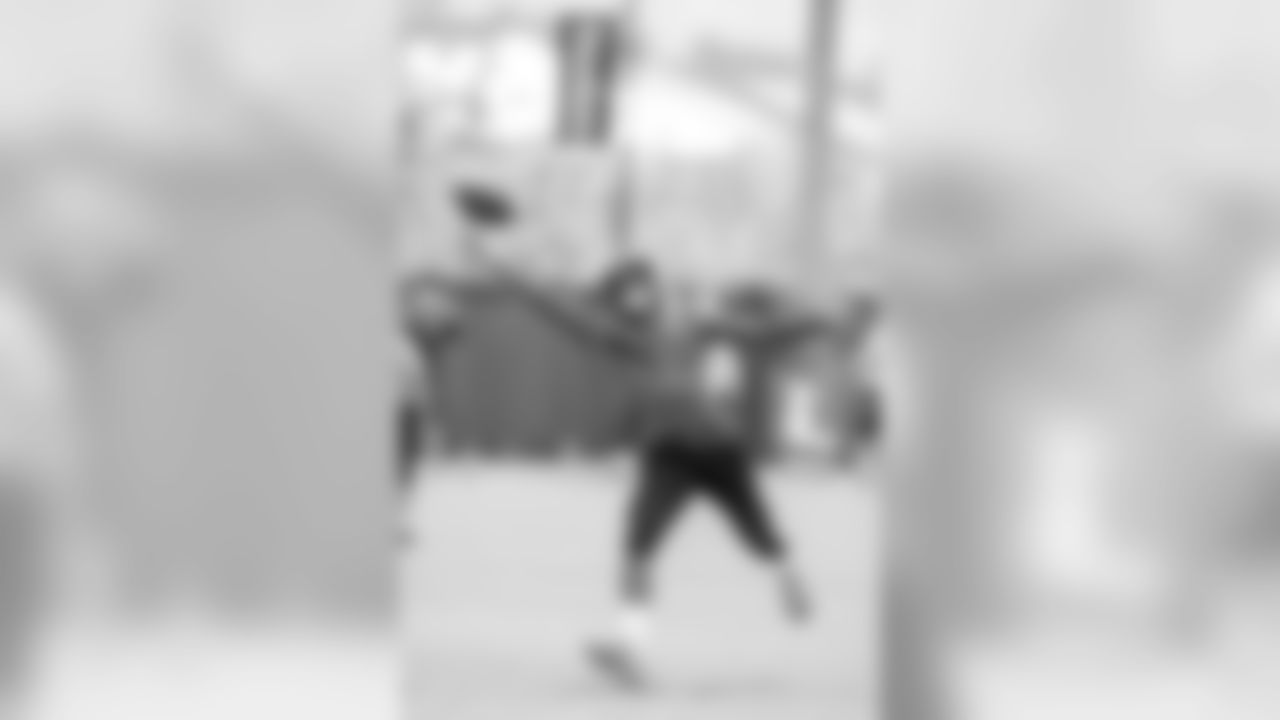

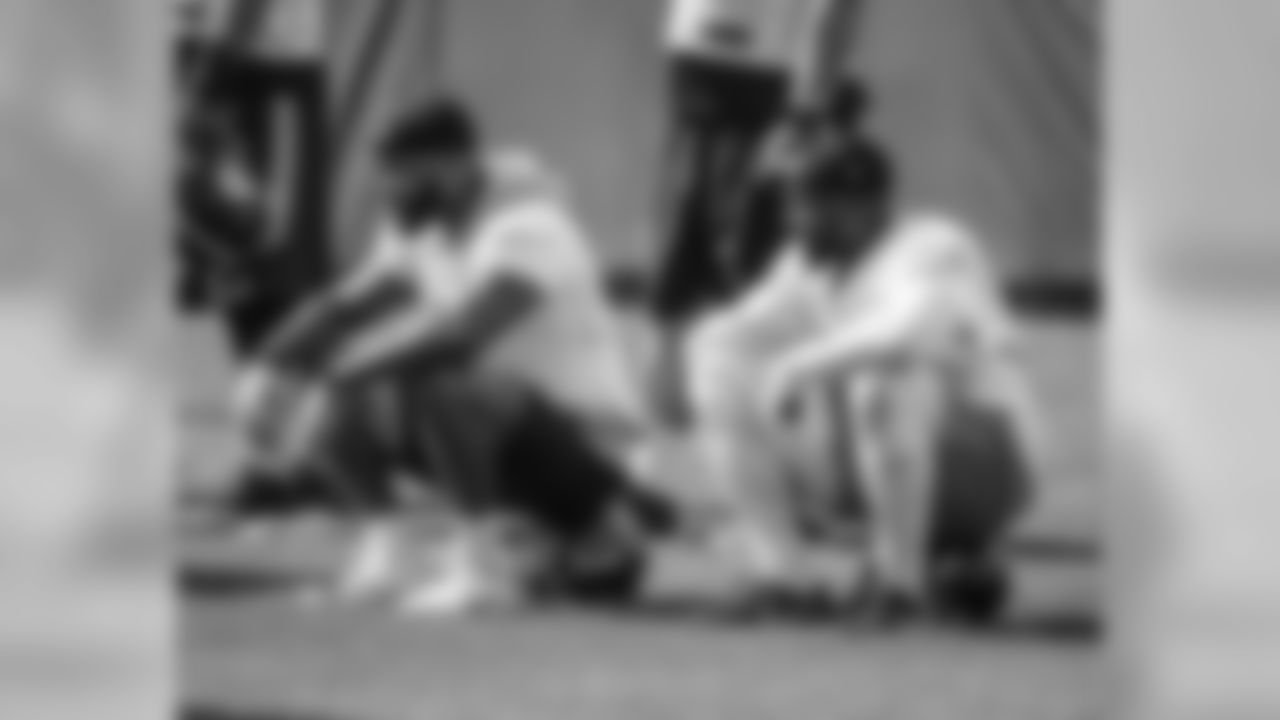
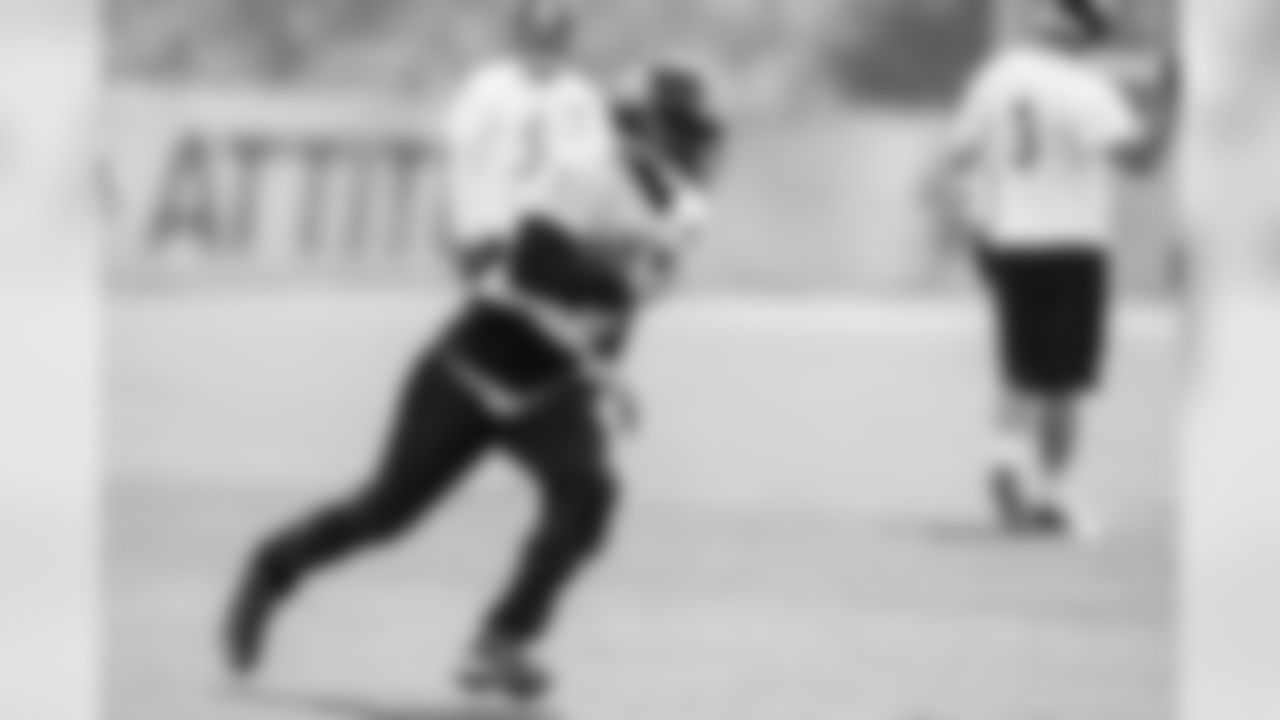






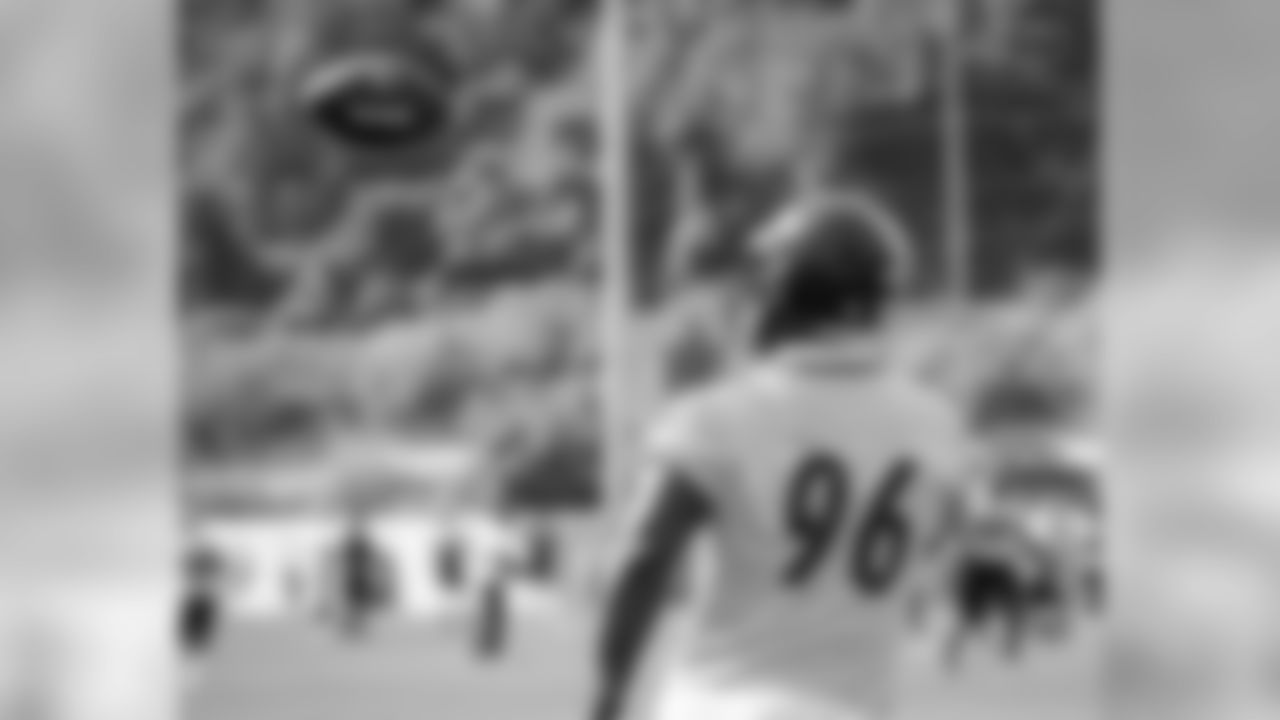
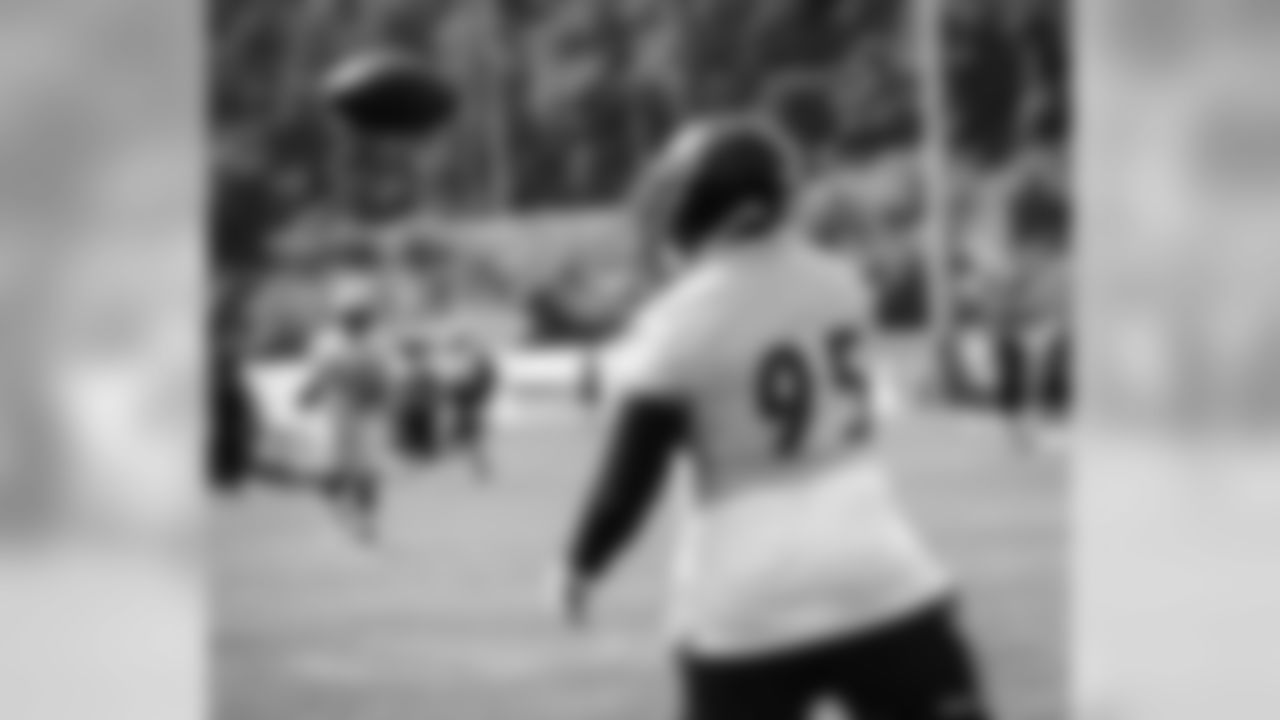
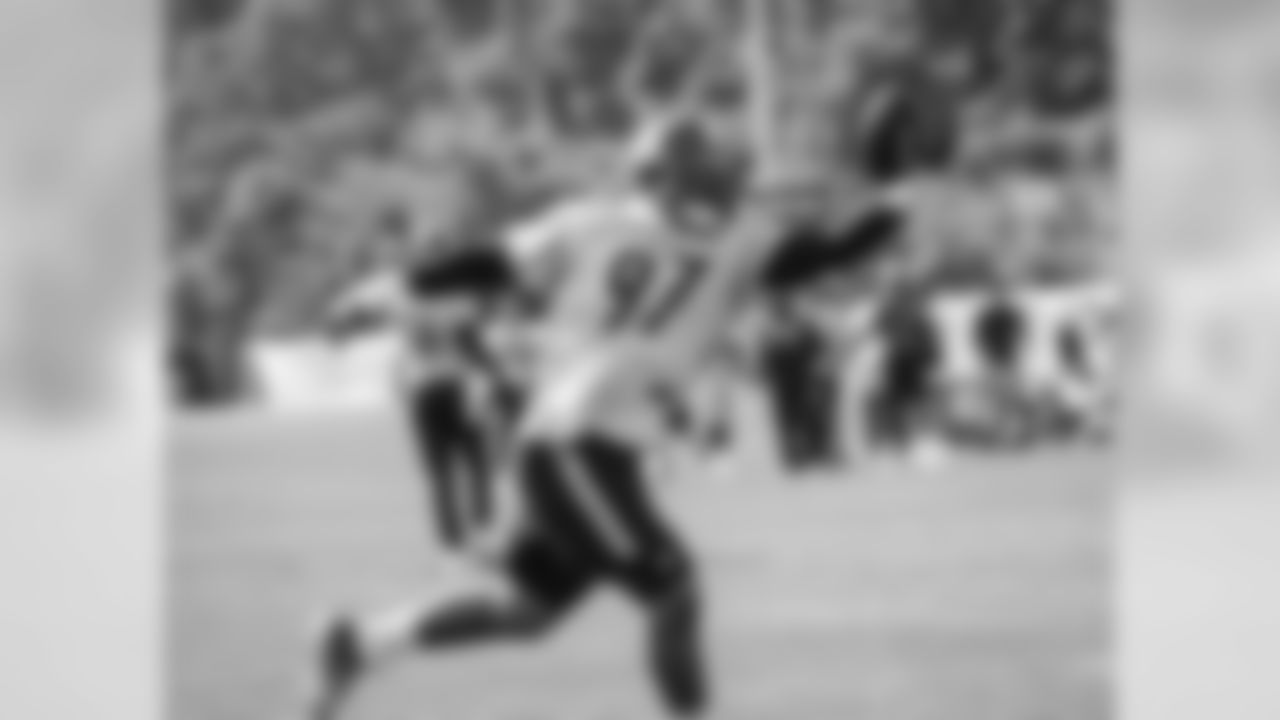
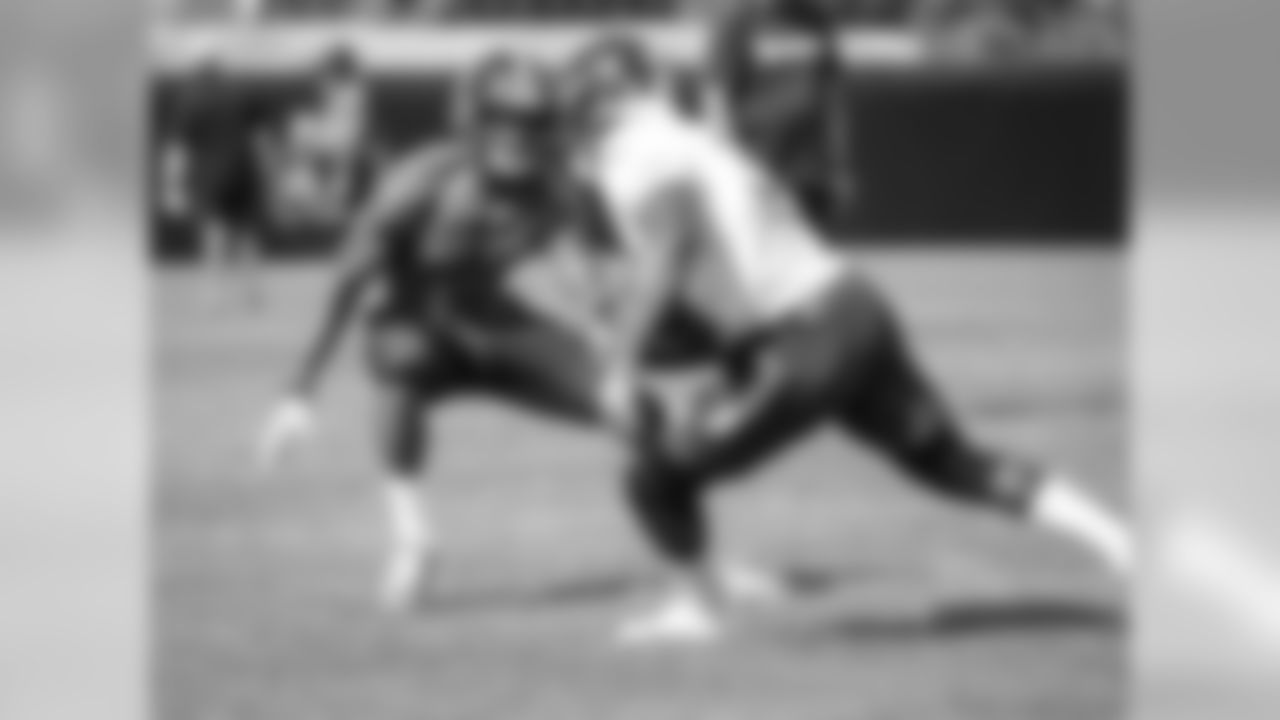

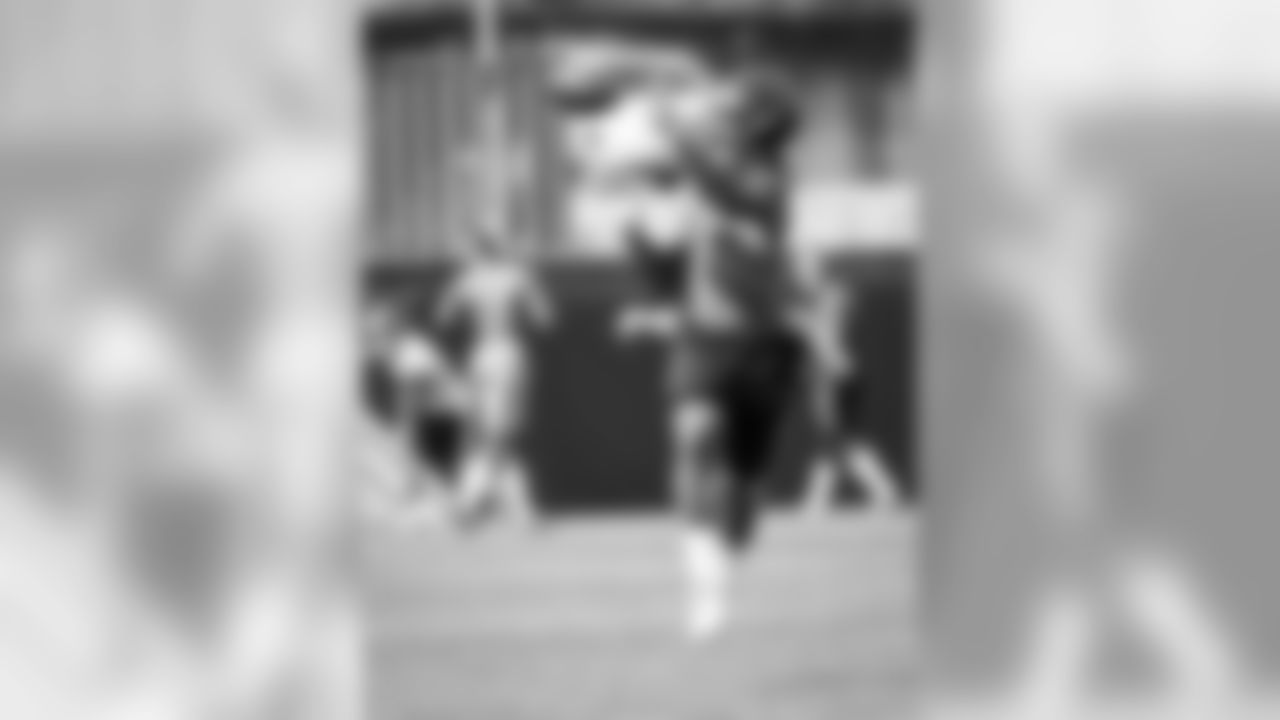
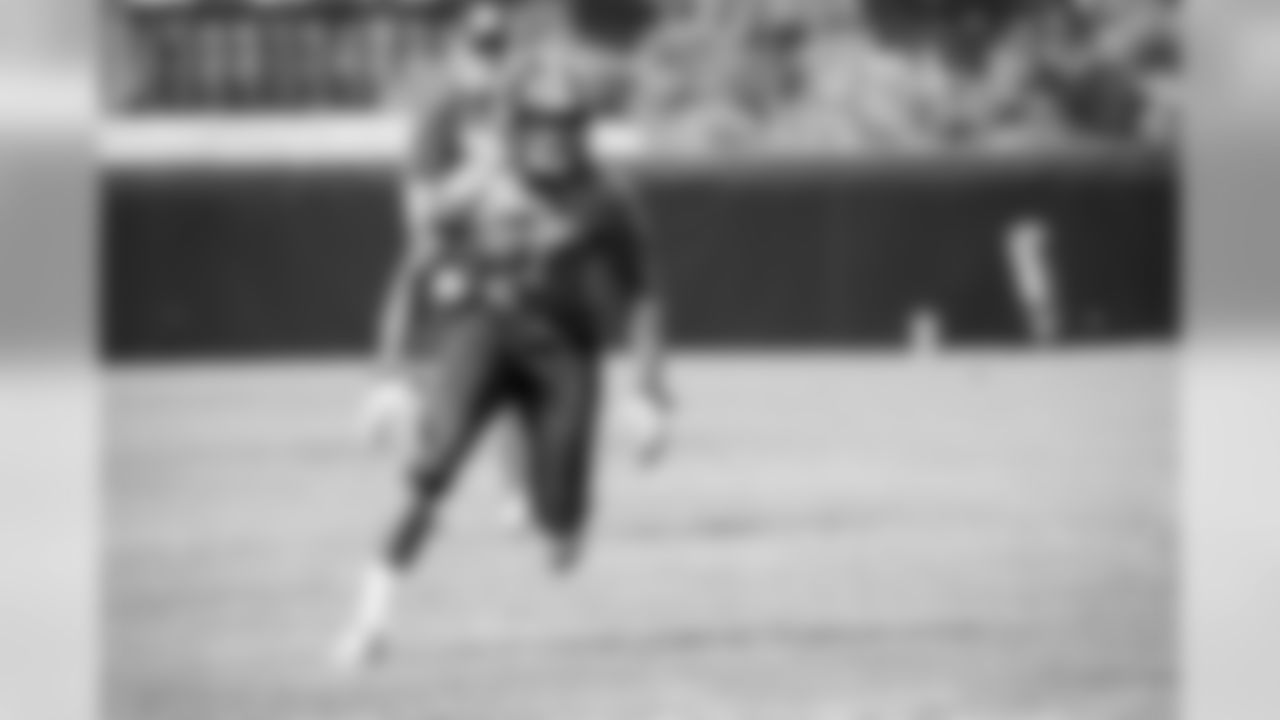
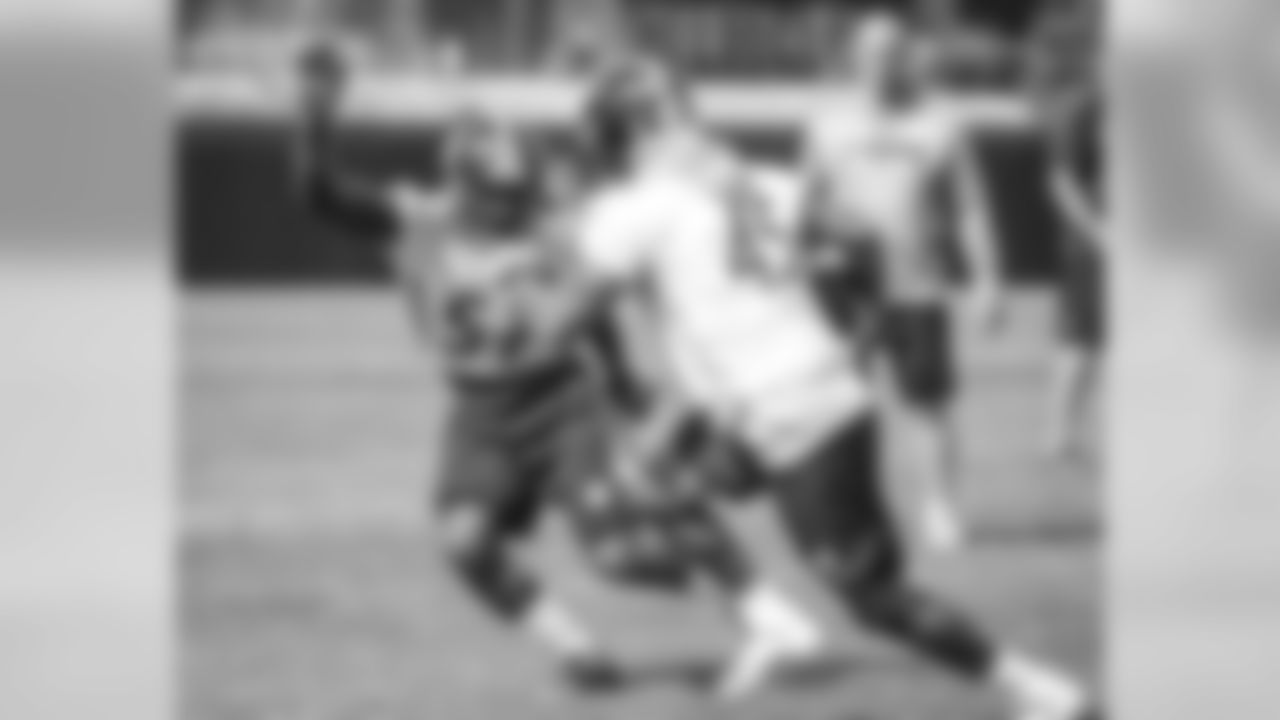
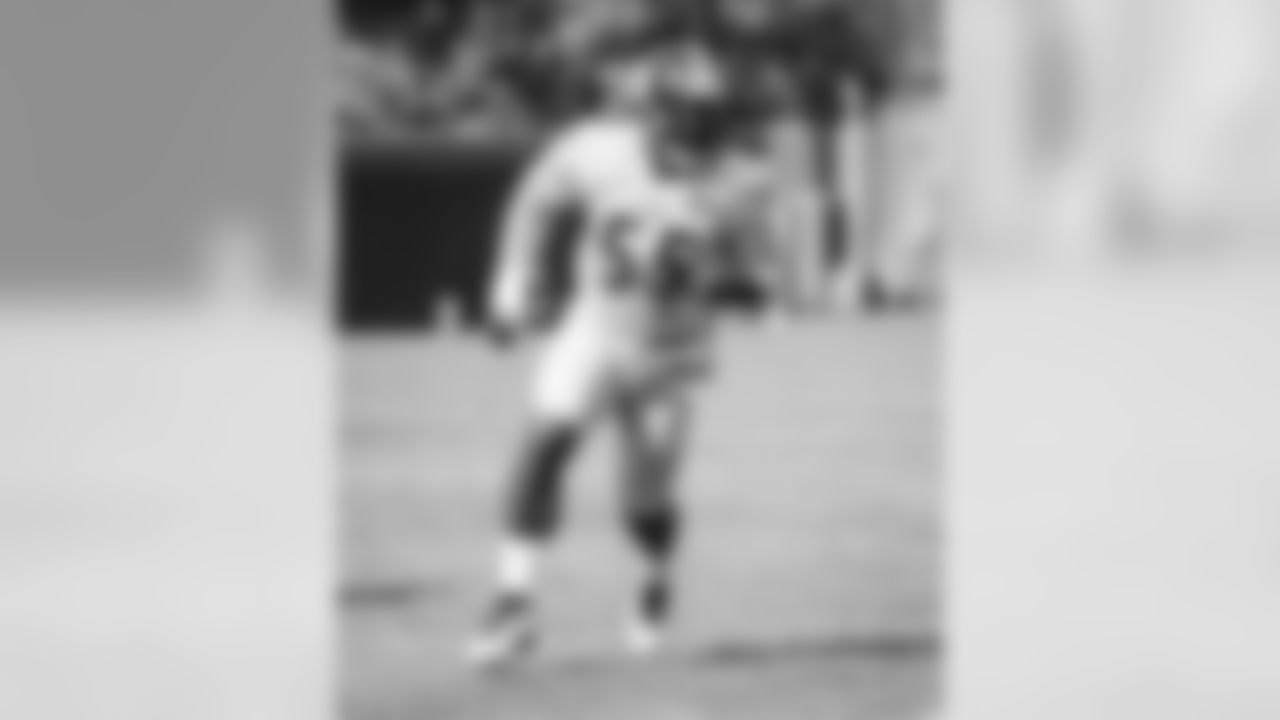
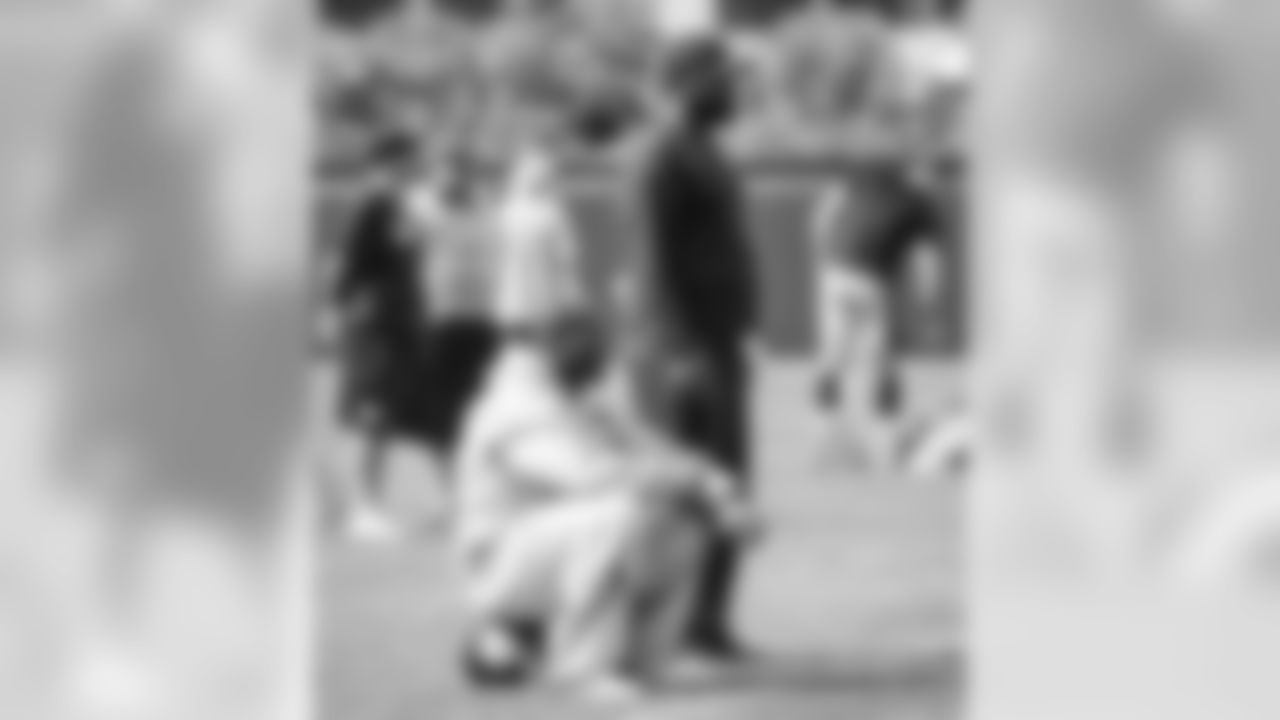
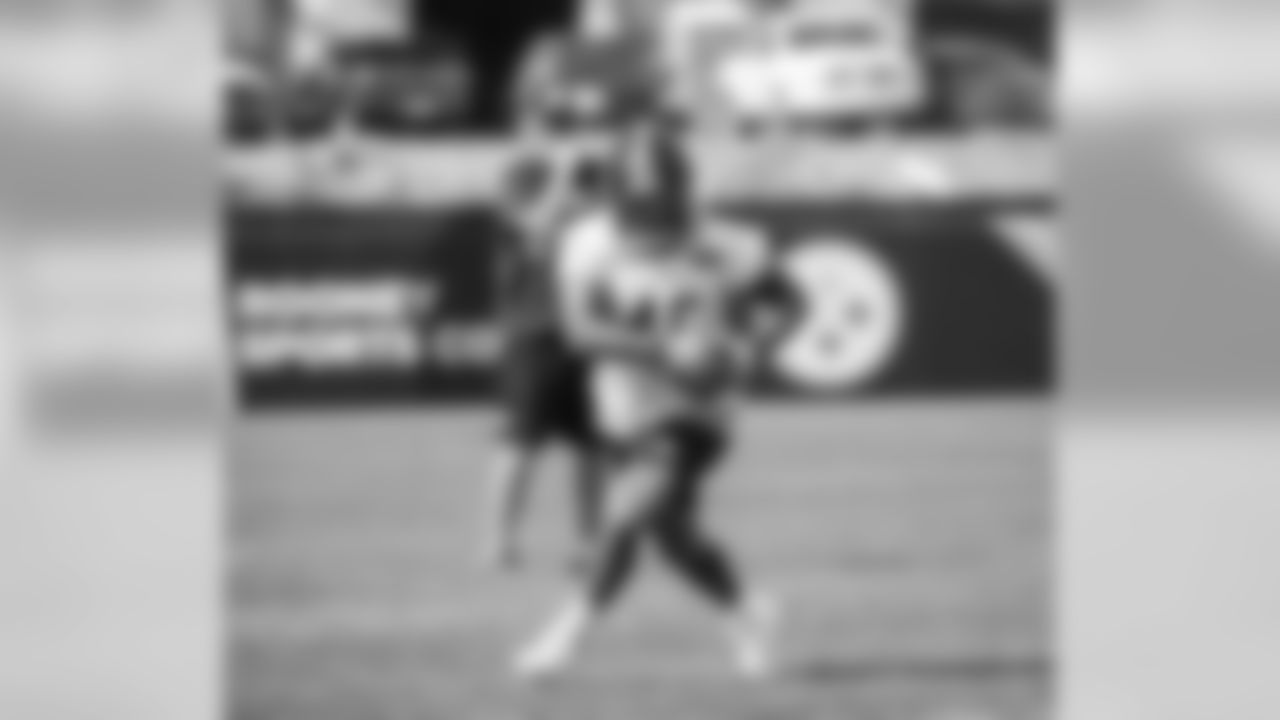
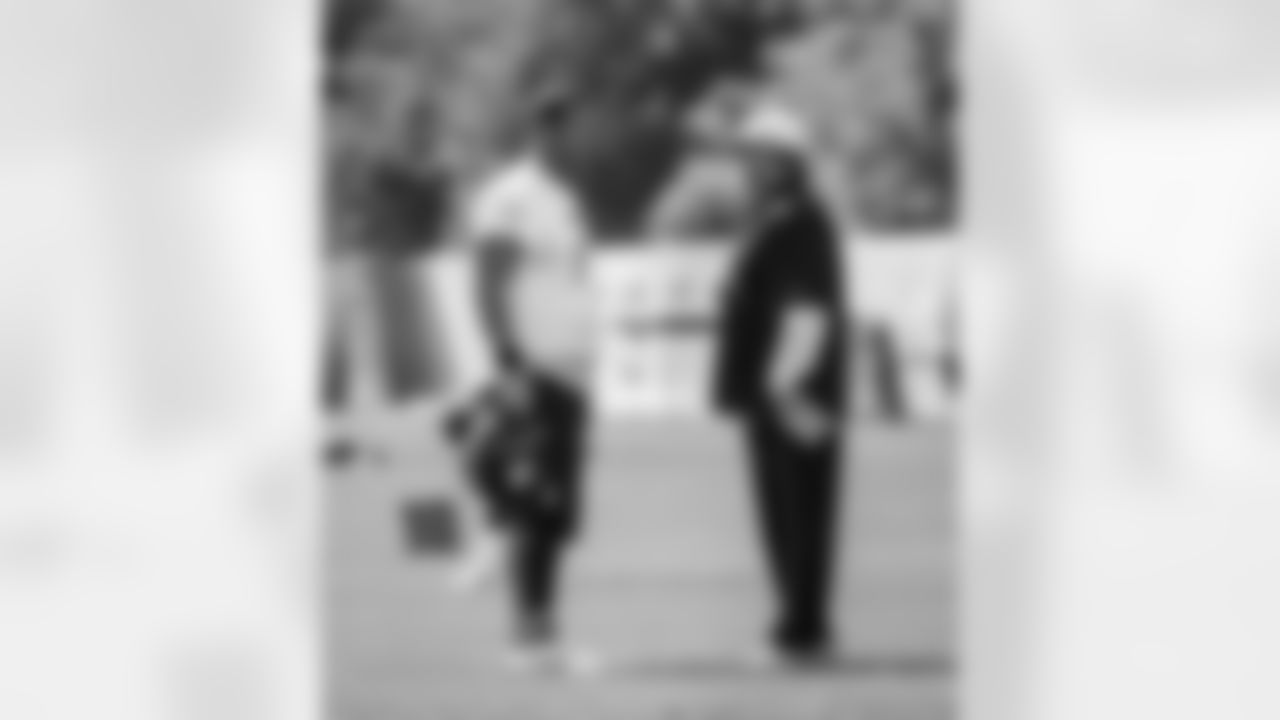

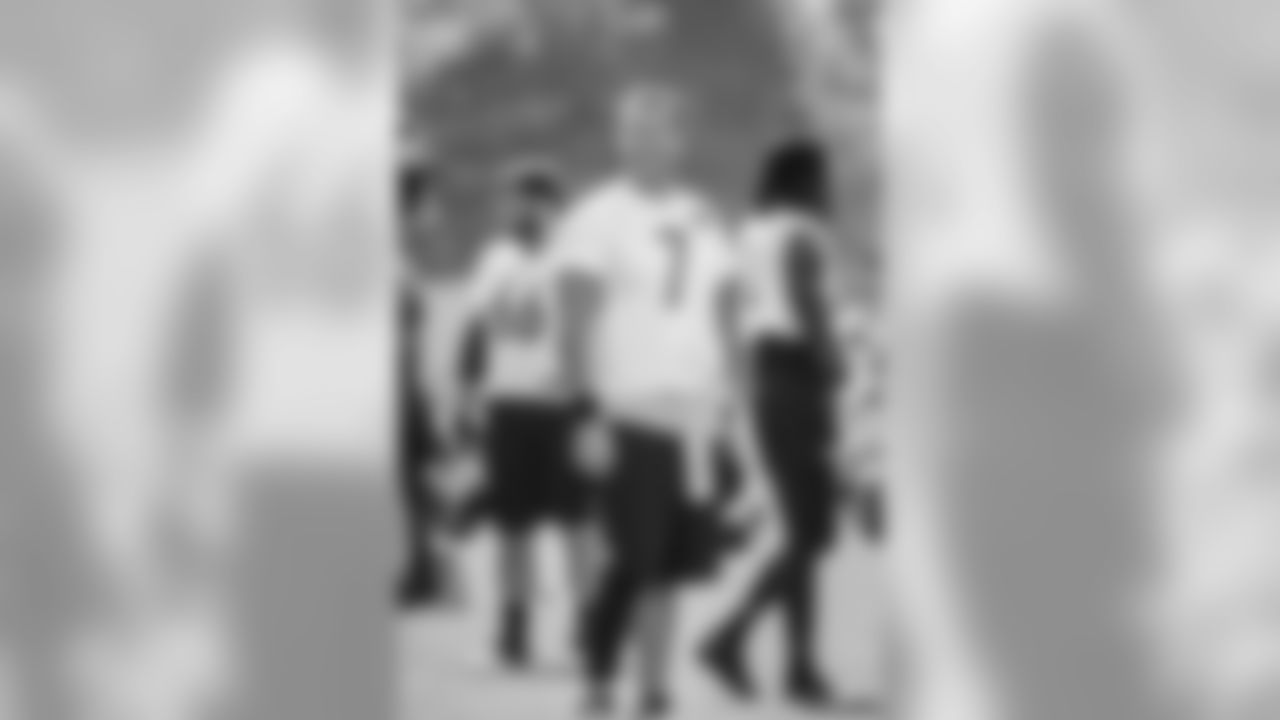
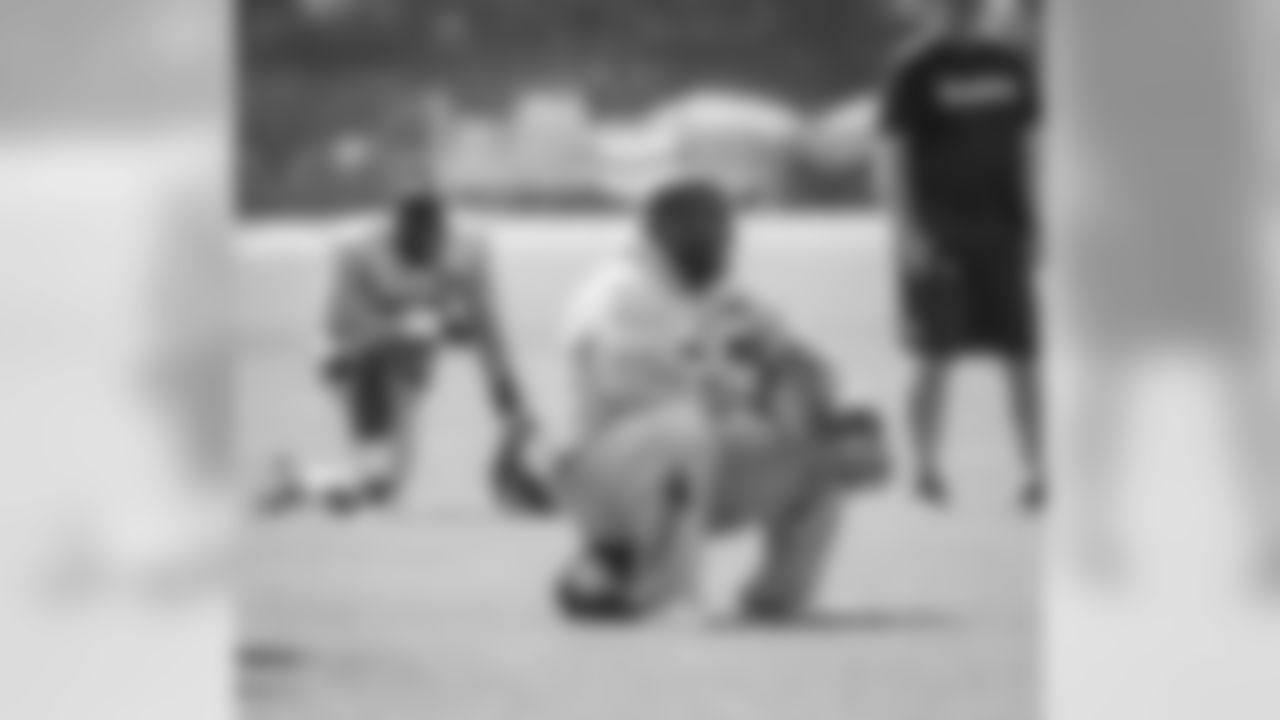
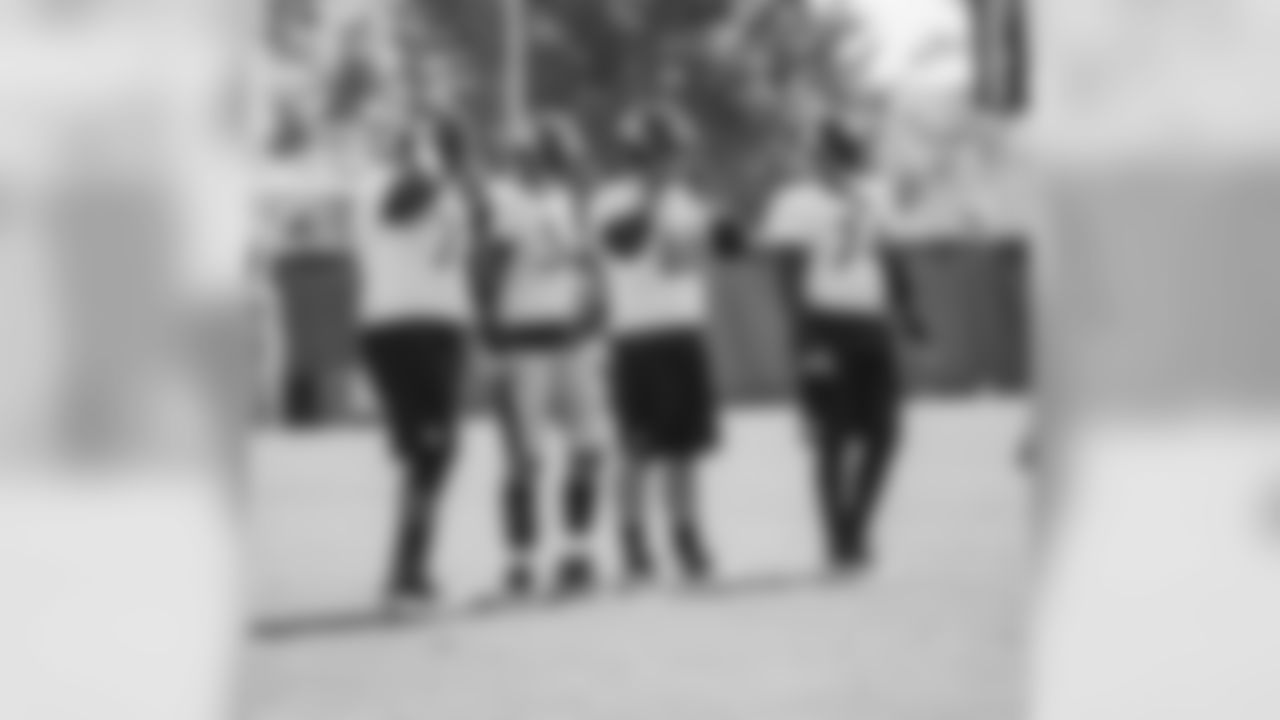
Q. This game today is your second road game of this young season, but your first road game was against a division opponent. Are road games against division opponents different?**
A. They are. There's a feeling when you touch down in Cleveland or Cincinnati or Baltimore. There's an unwelcome feeling, one that we all as competitors embrace. I'm sure they all feel the same things when they come through the Fort Pitt Tunnel and into Downtown Pittsburgh. There's something about the division play. There's something about playing somebody two or three times a year. That familiarity makes the games interesting, exciting, competitive. I think the communities reflect that. I just love division play.
Q. Is it possible to prepare for an opponent potentially making an in-game change at quarterback?
A. There are levels of preparedness. Some games you go into and you're not concerned about the potential of that whatsoever. Some games you go into and you acknowledge there is a possibility for that. We've been in a couple of those type games already. In Cleveland, you weren't certain how that thing could play out, and you had to be prepared to defend people. Usually the awesome thing about that scenario is when that scenario is in place, like it is potentially with this game, usually both quarterbacks have had an opportunity to learn and put their skills on display, so it's not like we don't have legitimate tape to study on Mitch Trubisky, if that were to occur.
Q. Might you do some individual preparation for that, so you might be able to present ideas on the fly should it happen, as opposed to working on it on the field with the whole team?
A. It's coaches. You don't want to water down the teachings and the mentality of those who prepare. And it has become more and more evident to me over the years that when somebody is replaced in the game, the offensive personality does not change. They don't shift gears and go to something new. More than anything there's a reduction in the things that you have to defend. That guy who's coming off the bench usually is doing the same schematic things that the other guy did, but less, because he's had fewer physical snaps in terms of preparation. So often it's the same menu, but even better, it's a smaller version of that same menu.














